Coordinator
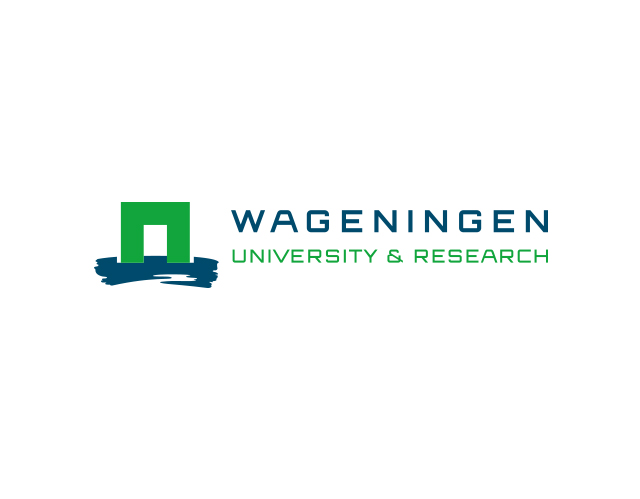
Wageningen University & Research (WUR) is a leading education and research institution in the area of life sciences. The university offers BSc and MSc programs and currently hosts approximately 12,000 BSc and MSc students. The department of Social Sciences and Plant Sciences are two of the five departments within WU. […]
Wageningen University & Research (WUR) is a leading education and research institution in the area of life sciences. The university offers BSc and MSc programs and currently hosts approximately 12,000 BSc and MSc students. The department of Social Sciences and Plant Sciences are two of the five departments within WU. The Business Economics (BEC), Strategic Communication (COM), and Public Administration and Policy (PAP) are chair groups within the former, while the Plant Production Systems (PPS) chair group is part of the latter.
BEC holds a strong position in interdisciplinary research with key areas, such as farm management, food supply chain economics, risk management, bio-economic modelling and economics of animal/plant health and food safety.
COM is internationally leading in studying the dynamics and consequences of strategic communication of themes and issues in life-science domains, with research lines on communication and self-organization for (un)planned change, behaviour change, and conflict, contestation and cooperation in public policies.
PAP has a leading position in the governance of complex problems in the fields of agro-food change and climate adaptation.
The vision of PPS is to integrate biological knowledge to analyse and design sustainable production systems for crops (including livestock integration), focused on resource use efficiency and equitable management of natural resources.
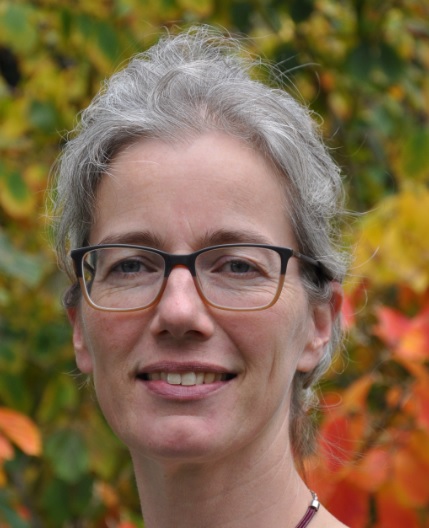
Miranda Meuwissen is professor of cost-effective risk management in food supply chains at the Business Economics group of Wageningen University. She is a senior scientist of Wageningen Graduate School of Social Sciences (WASS) and coordinator of the Horizon2020 SURE-Farm project on resilience of EU farming systems.
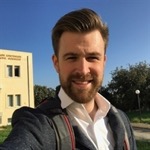
Yann de Mey is assistant professor in risk analysis at BEC focusing on farm (household) decision making under risk and uncertainty. He is an expert in econometric analysis and has ample experience designing and conducting survey-based research on risk (management) behaviour.
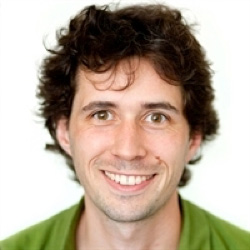
Marijn Poortvliet is assistant professor in risk communication. He has expertise in risk perceptions and risk behaviour under conditions of uncertainty, with a special interest in motivational processes.
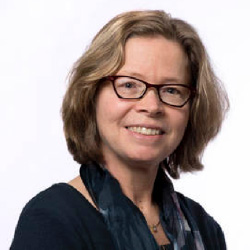
Katrien Termeer is chair and full professor at the Public Administration and Policy group. She is an expert on wicked problems in complex decision making and on transitions towards sustainable and resilient agri-food chains.
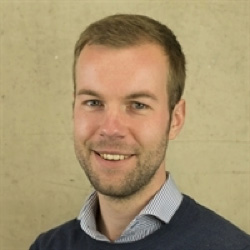
Jeroen Candel is an assistant professor at the Public Administration and Policy group of Wageningen University. He is an expert on innovative forms of food and agricultural governance and on European decision making on the CAP and other food policies.
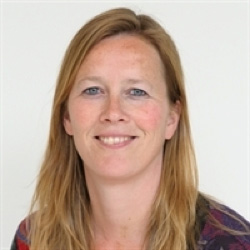
Pytrik Reidsma is assistant professor in Plant Production Systems Group of Wageningen University. She has expertise in integrated assessment of agricultural systems and farming systems analysis.
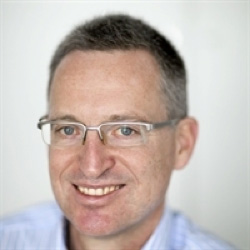
Peter H. Feindt is Professor of Agricultural and Food Policy at the Albrecht Daniel Thaer Institute of Humboldt University at Berlin. His expertise includes the interplay of agricultural and environmental policy, stability and change in agricultural policy, reflexive governance and participatory conflict resolution.
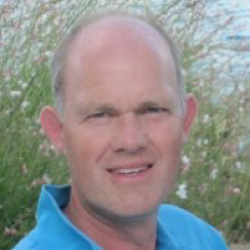
Martin van Ittersum is personal professor in Plant Production Systems Group of Wageningen University. Research and teaching focus on methodologies for the analysis, design and integrated assessment of agricultural systems at multiple scales.

Alisa Spiegel is a postdoc at the Business Economics group of Wageningen University. She is an expert in quantitative risk analysis, risk management, simulation modelling, and econometric analysis.

Thomas Slijper, PhD Candidate at Wageningen University & Research.
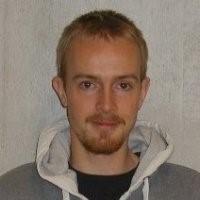
Wim Paas is a PhD-candidate in Plant Production Systems Group of Wageningen University.
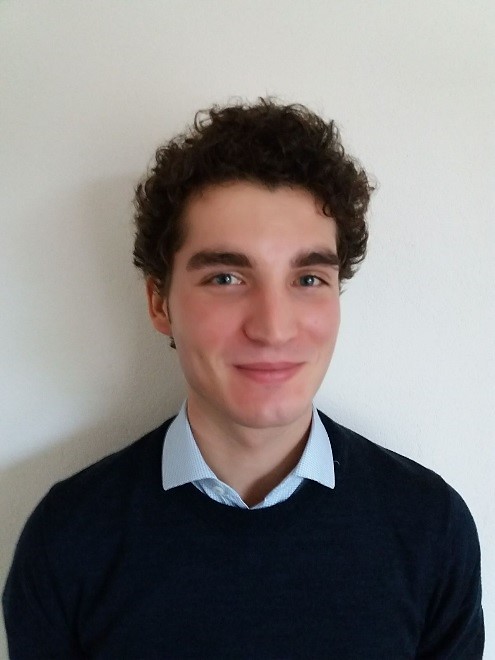
Yannick Buitenhuis is a PhD Candidate at the Public Administration and Policy group of Wageningen University. His expertise lies with research on environmental governance issues and sustainability policies.
Universities
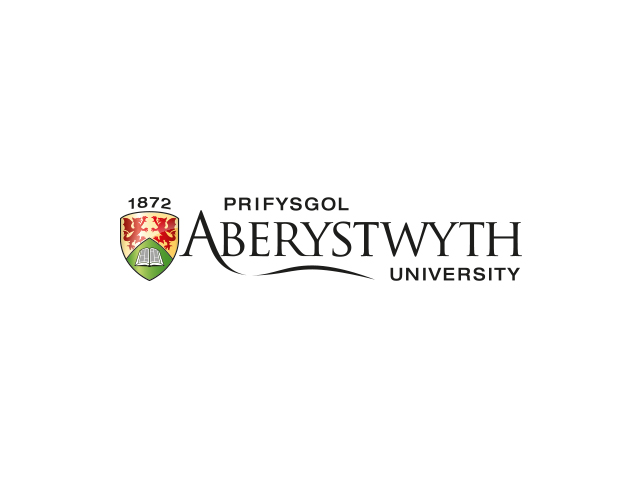
Aberystwyth University (AU) was established by the people of Wales as the first Welsh University. AU possesses a long and distinguished record of undertaking teaching and cutting edge research that has been recognised as being world leading or internationally excellent in terms of originality, significance and rigour. The School of […]
Aberystwyth University (AU) was established by the people of Wales as the first Welsh University. AU possesses a long and distinguished record of undertaking teaching and cutting edge research that has been recognised as being world leading or internationally excellent in terms of originality, significance and rigour. The School of Management and Business (SMB) and the Institute of Biological, Environmental and Rural Sciences (IBERS) are two of the eighteen academic departments in AU.
SMB research builds on a tradition of interdisciplinary study of the economy of rural areas to support job creation, increased productivity, entrepreneurship development, diversification, regeneration, knowledge transfer, research and development and sustainability. Key research areas and expertise are in qualitative analysis, farm business management and participatory action research. IBERS, as well as being a teaching institute of Aberystwyth University, has a unique position as a recipient of strategic funding from the UK BBSRC, and has major projects on Lupins, Sustainable Lamb Production, Carbon Soil Sequestration, Healthy Soils, Oats Research and impacts of Elevated Atmospheric CO₂.
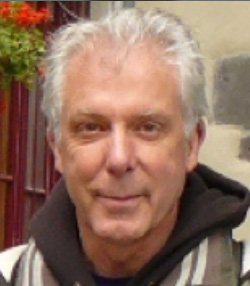
Peter Midmore is professor of economics in SMB. He works with mixed methods primarily applied to regional and rural economies, and has published widely on input-output analysis, economic methodology, rural development and economic impact assessment.
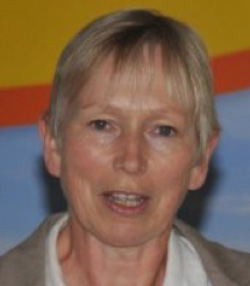
Susan Fowler is a research associate in SMB. She has extensive experience in agricultural research, from physical sampling for nutrient cycling research to qualitative studies investigating the use of bTB vaccines and the impact of agricultural research.
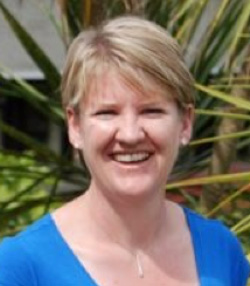
Pip Nicholas-Davies is a Principal Investigator in IBERS. She is an expert on organic and low input supply chain analysis, farming systems analysis and pest management.
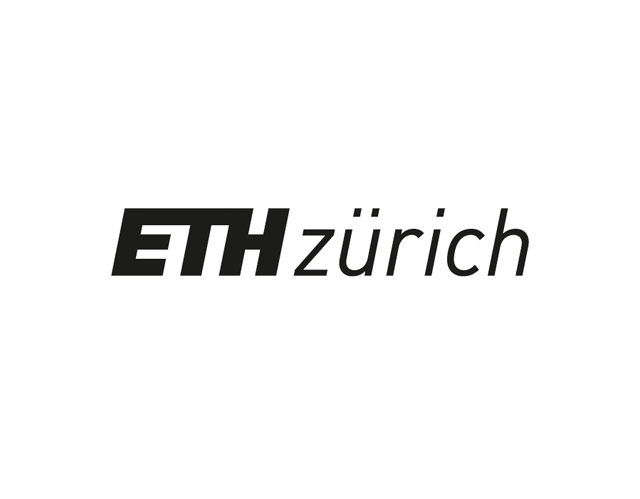
ETH Zurich is one of the leading universities worldwide. It is renowned for excellent teaching, ground-breaking research and active implementation of results into practice. The university offers BSc and MSc programs and currently hosts approximately 20,000 BSc and MSc students. The Agricultural Economics and Policy Group (AECP) is member of […]
ETH Zurich is one of the leading universities worldwide. It is renowned for excellent teaching, ground-breaking research and active implementation of results into practice. The university offers BSc and MSc programs and currently hosts approximately 20,000 BSc and MSc students. The Agricultural Economics and Policy Group (AECP) is member of the Department of Management, Technology and Economics and the Department of Environmental System Science, reflecting its interdisciplinary positioning at the interface of economics, agricultural and environmental sciences.
The main objective of the Agricultural Economics and Policy Group is to improve the understanding of linkages between policies and production and risk management decisions taken in the agricultural and food sector. Our mission is i) to better understand the decisions taken by farmers and firms in the agribusiness and ii) to contribute to evaluation and design of agricultural policies and risk management instruments.
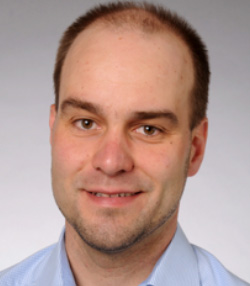
Robert Finger is professor in Agricultural Economics and Policy. His research is focused on a better understanding of farm-level decisions with a particular focus on risk management in agriculture.
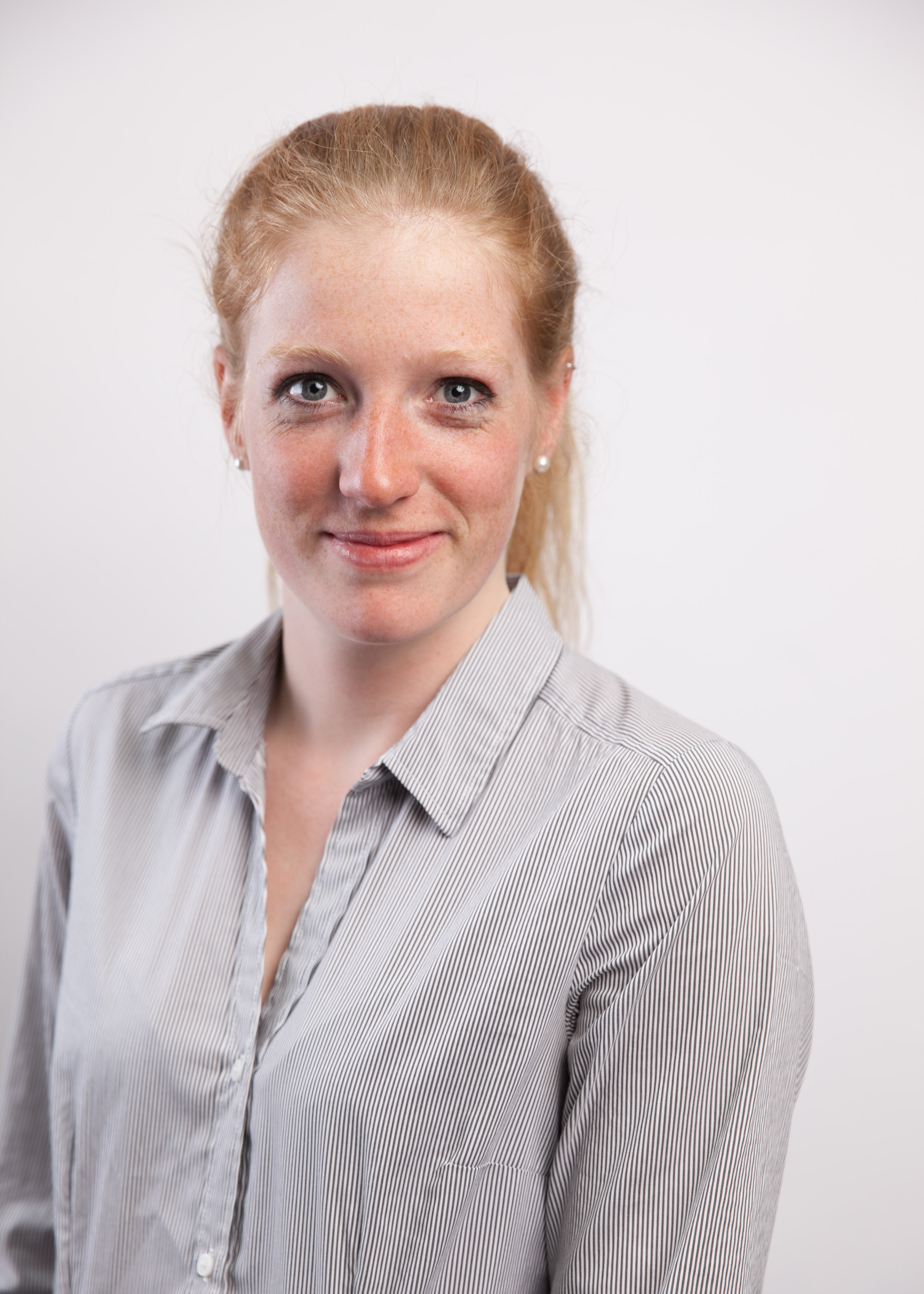
Willemijn Vroege is a PhD student at the Agricultural Economics and Policy group of the ETH. She completed her MSc. in agricultural economics earlier this year with a joint thesis at ETH and WUR. Her PhD will focus on index insurances for extreme weather.
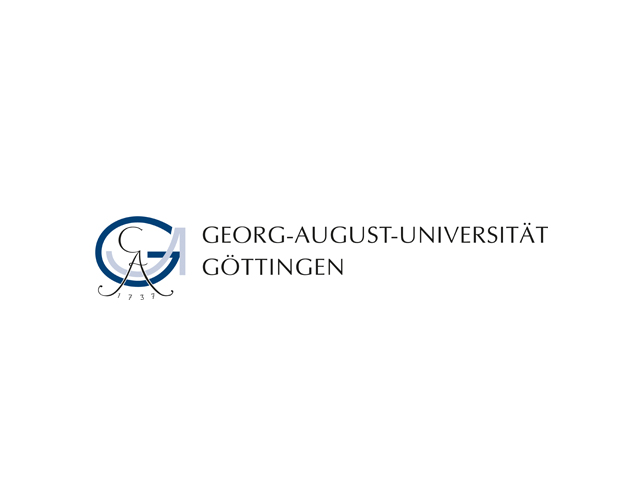
The University of Goettingen is an internationally renowned university placing emphasis on research and research-based teaching. The University is distinguished by the outstanding quality in its priority research areas, by its remarkable diversity of disciplines, especially in the humanities, and by a strong and deeply anchored interdisciplinary in the natural […]
The University of Goettingen is an internationally renowned university placing emphasis on research and research-based teaching. The University is distinguished by the outstanding quality in its priority research areas, by its remarkable diversity of disciplines, especially in the humanities, and by a strong and deeply anchored interdisciplinary in the natural and life sciences. The Faculty of Agricultural Sciences is one of the seven faculties of the University of Goettingen. The faculty is structured in three departments: the Department of Crop Sciences, the Department of Animal Sciences and the Department of Agricultural Economics and Rural Development.
The Chair for Marketing for Food and Agricultural Products is part of the Department of Agricultural Economics and Rural Development. The main research areas of the Chair for Marketing for Food and Agricultural Products are food-related consumer behavior, market research, animal welfare from the perspective of the society, sustainability as well as food chain management.
Achim Spiller is full professor in marketing for food and agricultural products. His research is focused on consumer behavior, management in the agribusiness, certification systems and sustainability-related topics.
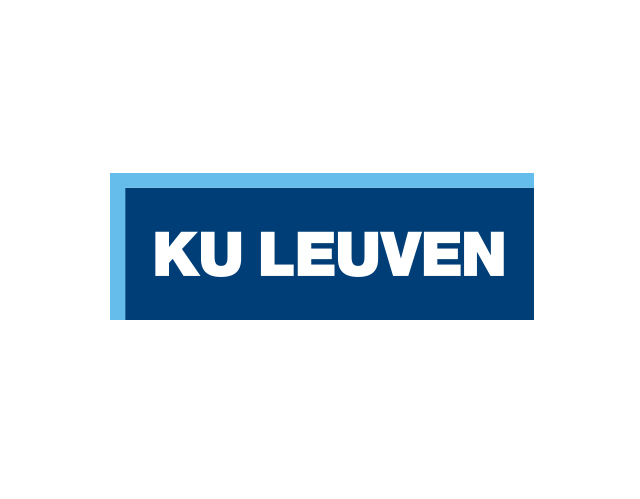
KU Leuven is the largest university in Belgium in terms of research funding and expenditure (EUR 365 million in 2012). KU Leuven employs 7,018 researchers on its academic staff (2013). 39% of its graduate students and 36% of its postdoctoral researchers are international scholars (2011-2012). The Division of Bio-Economics is […]
KU Leuven is the largest university in Belgium in terms of research funding and expenditure (EUR 365 million in 2012). KU Leuven employs 7,018 researchers on its academic staff (2013). 39% of its graduate students and 36% of its postdoctoral researchers are international scholars (2011-2012).
The Division of Bio-Economics is part of the Department of Earth and Environmental Sciences. It focuses on sustainable and efficient use of natural resources to realize economic growth and well-being. It studies the environmental and socio-economic outcomes in bio-based economic sectors, including production and marketing of food, feed, fibre, fuel and flowers. It develops economic, bioeconomic and integrated models and frameworks, and uses them in combination with insights from agronomy and natural sciences to assess environmental and socio-economic outcomes. The division also does research on supply chain development, land market functioning and efficiency measurement. The members of the division also have had long-standing experience in survey-based research in Central and Eastern Europe and in Africa.
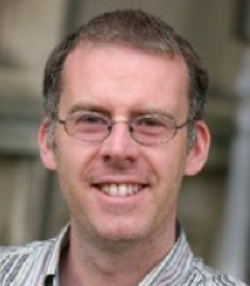
Erik Mathijs is Professor of Agricultural and Resource Economics. His research focuses on the monitoring and implementation of sustainability transitions in the agro-food sector, including the role of explorative and normative scenarios.
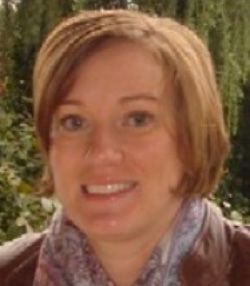
Liesbet Vranken is Associate Professor in Society-Environment Interactions. Her research focuses on land markets, the link between economic and ecological models, and how institutions (policy decisions/regulations) affect this link.
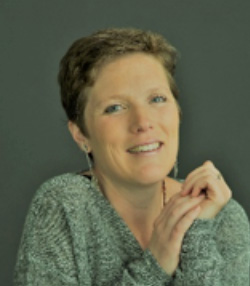
Tessa Avermaete is project manager at the sfere-group of the bio-economics division, working in the domain of food security, food production and the development towards a more sustainable food system.
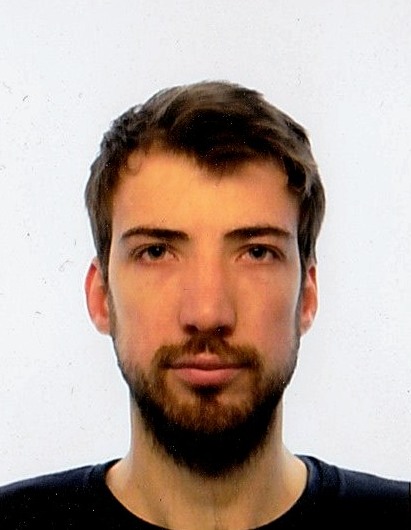
Eewoud Lievens is PhD student at the sfere-group of the bio-economics division. He studies various aspects of the European Common Agricultural Policy and works in both the SUFISA project and on SURE-Farm.
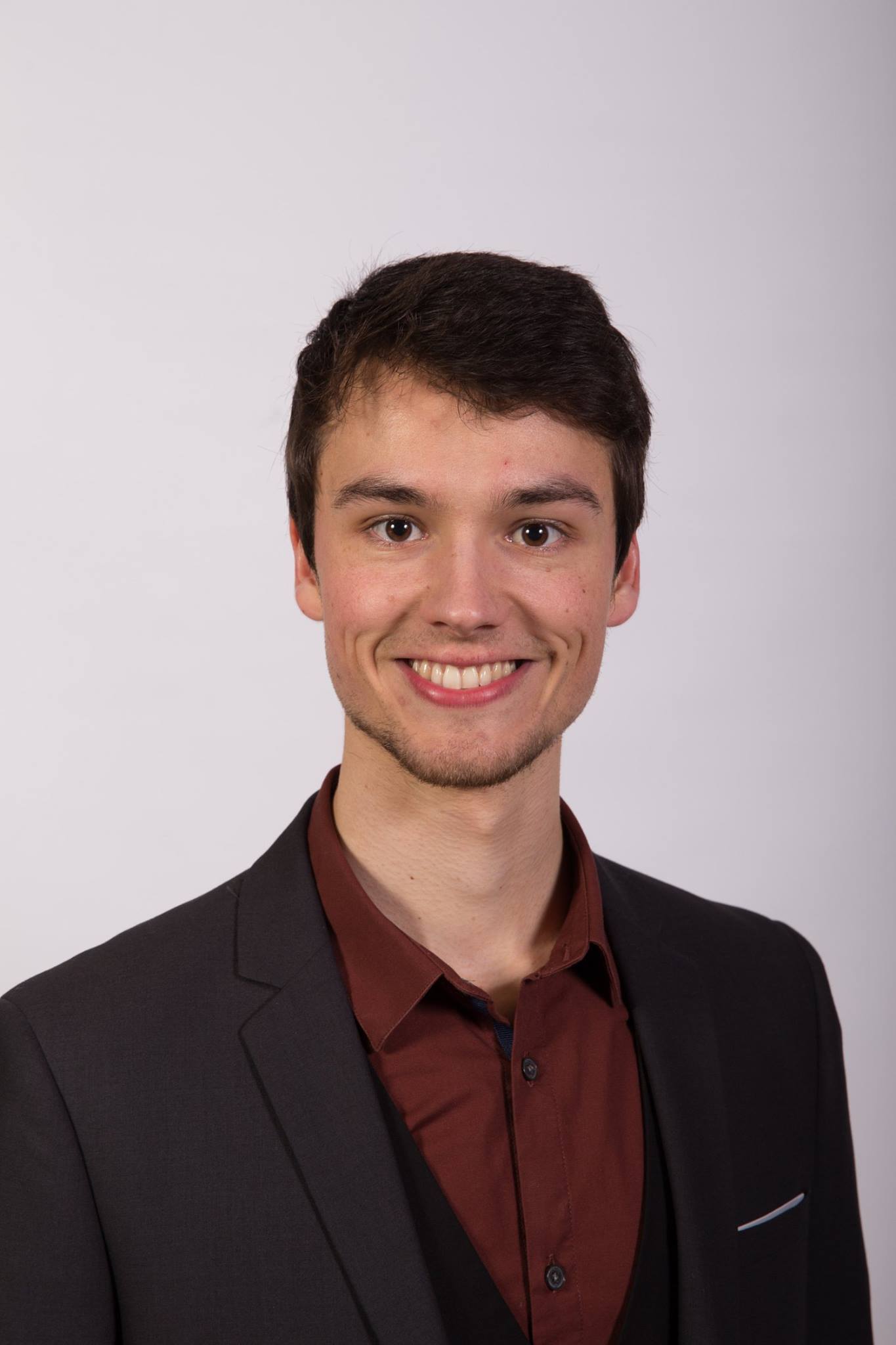
Mertijn Moeyersons is a PhD-student at the sfere-group of the bio-economics divison. He works mostly on new entrants, generational renewal, new business models in farming and risk management. He has been active in SUFISA and NEWBIE projects.
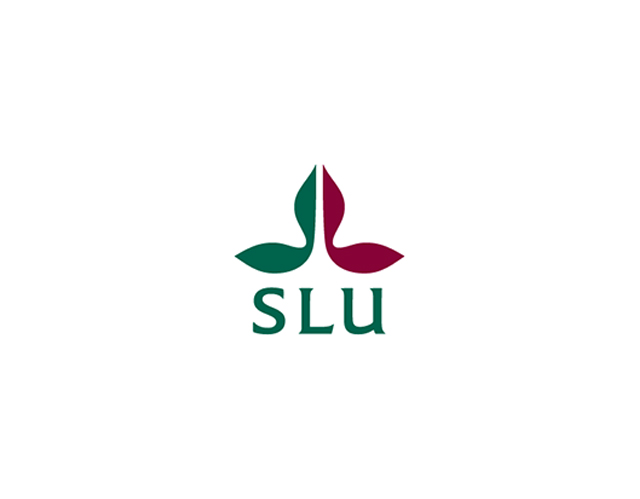
The Swedish University of Agricultural Sciences (SLU) is a leading education and research institution in the area of life sciences. The university offers BSc and MSc programs and currently hosts approximately 3,000 BSc and MSc students. The department of Economics at SLU holds a strong position in interdisciplinary research with […]
The Swedish University of Agricultural Sciences (SLU) is a leading education and research institution in the area of life sciences. The university offers BSc and MSc programs and currently hosts approximately 3,000 BSc and MSc students. The department of Economics at SLU holds a strong position in interdisciplinary research with key areas, such as farm management and decision making, food supply chain economics, risk analysis, entrepreneurship, consumer preferences and behaviour, and economics of farm animal welfare, and food safety and nutrition.
The vision of the department of Economics at SLU is to be a leading European institution in economic research, as well as in policy analysis and academic education within the agricultural, resource, and environmental sectors.
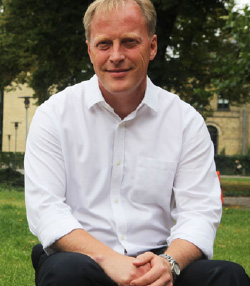
Carl Johan Lagerkvist is full professor in business economics and chair holder of the managerial behaviour group at the department of Economics at SLU.
Helena Hansson is associate professor in business economics focusing on farm decision making with particular focus on farm animal welfare.
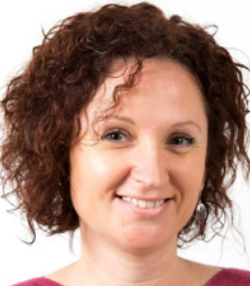
Gordana Manevska Tasevska is assistant professor in policy analysis at the department of Economics focusing on farm efficiency and production systems.
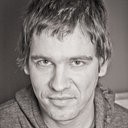
Jens Rommel is a Postdoc with a background in Agricultural Economics. He has experience in the design and analysis of behavioral field experiments with farmers and other natural resource users.
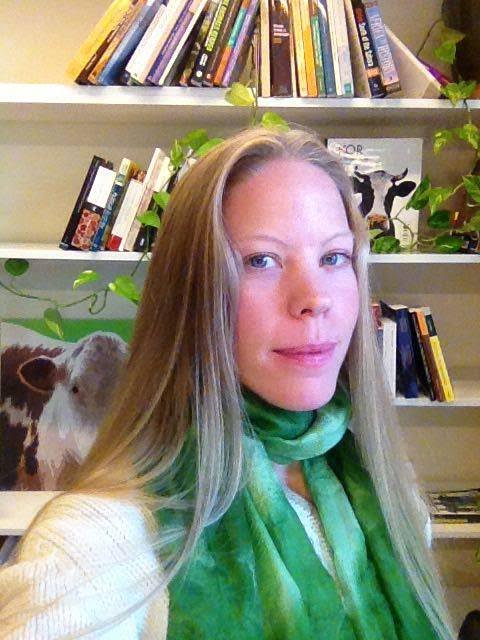
Andrea Petitt is a researcher with a background in social anthropology and rural development with a gender focus. She has worked with ethnographic methods among animals and people on farms in Botswana, Canada and Sweden.
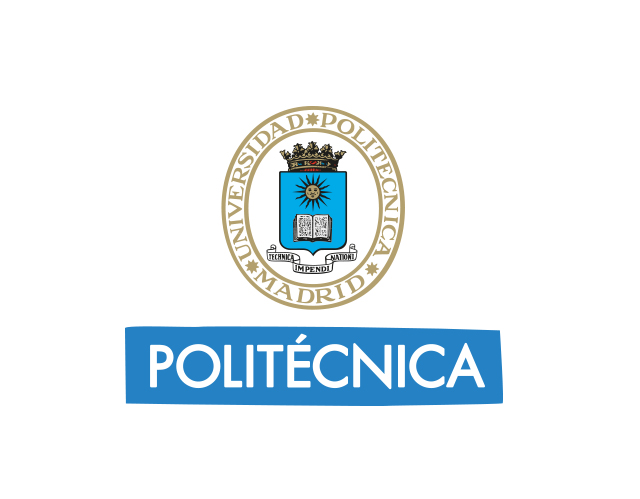
Technical University of Madrid is the largest Spanish technological university. With two recognitions as Campus of International Excellence, it is outstanding in its research activity together with its training of highly-qualified professionals, competitive at an international level. More than 2,400 researchers carry out their activity at the UPM, grouped in […]
Technical University of Madrid is the largest Spanish technological university. With two recognitions as Campus of International Excellence, it is outstanding in its research activity together with its training of highly-qualified professionals, competitive at an international level. More than 2,400 researchers carry out their activity at the UPM, grouped in 204 Research Groups, 19 Research Centres or Institutes and 55 Laboratories, all of them committed to transform the knowledge generated into innovation advances applied to the production sector, contributing to solve the challenges of the European citizens. The intense collaboration with governmental bodies and industry guarantees that research at the UPM offers real solutions to real-world problems. The dynamism of R&D&I activity at the UPM, together with the transfer of knowledge to society, is among its lines of strategy. These two commitments place it among the Spanish universities with the greatest research activity and first in the capture of external resources in a competitive regime.
UPM headed the Spanish University participation in the 7th European Framework Program with 286 projects and 83M€ funding. In H2020 UPM keeps on its active participation thank to its highly innovation driven profile. UPM signs annually around 600 contracts with private businesses, due to its traditional and close relationship with the industrial and business sector, which supports and back its research and technology development in all Engineering fields, Aeronautics, Agronomy, Architecture, Energy, Forestry, Industrial, Mining, Naval and Informatics and Telecommunication. Moreover, every year, UPM applies for around 40 patents and receives a similar number of concessions demonstrating a high commitment to innovation. One of the main UPM technology transfer driver is the business creation, such as ActúaUPM internal program that has generated 140 businesses in the last 10 years, 80% of which still exists. All this shows that UPM is an institution committed to the transfer of knowledge generated through its research structures to society, and its transformation into advances and technological developments applied to the productive sector.
The Research Centre for the Management of Agricultural and Environmental Risks (CEIGRAM-UPM) (www.ceigram.upm) was created in 2007 and is a Joint Research Centre of the UPM, the State Agency for Agricultural Insurance (ENESA, Autonomous Agency of the Ministry of Agriculture, Food and Environment), and AGROMUTUA (private insurer in agric. sector). It runs a budget of 1.6 M€/year in research grants, including various FP7 and H2020 projects. Amongst its main research lines stand: a) Crop yields’ variability, biometeorology and production risks; b) agricultural insurance and other agricultural risk management instruments; c) Climate change: impacts and adaptive management in agriculture and water resources; d) Agricultural policy and rural development; e)Economic development and cooperation.
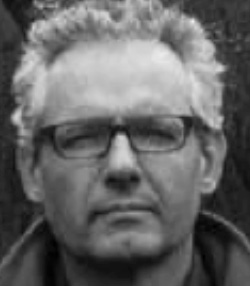
Alberto Garrido is professor of Agricultural Economics at the UPM and Vice-rector for Quality and Efficiency at UPM. His area of research focuses on the economic analysis of water resource management, including risk analysis and management, and the use of market mechanisms.
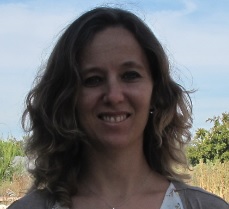
Bárbara Soriano is assistant professor of Agricultural Economics at the UPM and senior researcher at CEIGRAM-UPM. She is an applied economist using empirical and quantitative methods, with experience in macroeconomic analysis in global food security.

Isabel Bardají is a professor of Agricultural Economics and Policy at the UPM and Deputy Director of CEIGRAM-UPM. She leads the Research Group of Agricultural Economics and Natural Resources Economics and has been Chair of the Department of Agricultural Economics and Social Sciences from 2008 to 2014.

José M. Sumpsi is professor at the UPM on agricultural and food policy, rural development and food security. Between 2007 and 2011 he was Assistant Director-General of the Agriculture and Consumer Protection Department and Assistant Director-General of the Technical Cooperation Department at FAO.
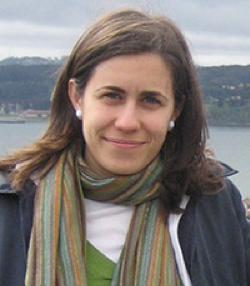
Irene Blanco is assistant professor of Agricultural Economics and Policy at the UPM and Senior Researcher at the CEIGRAM-UPM.
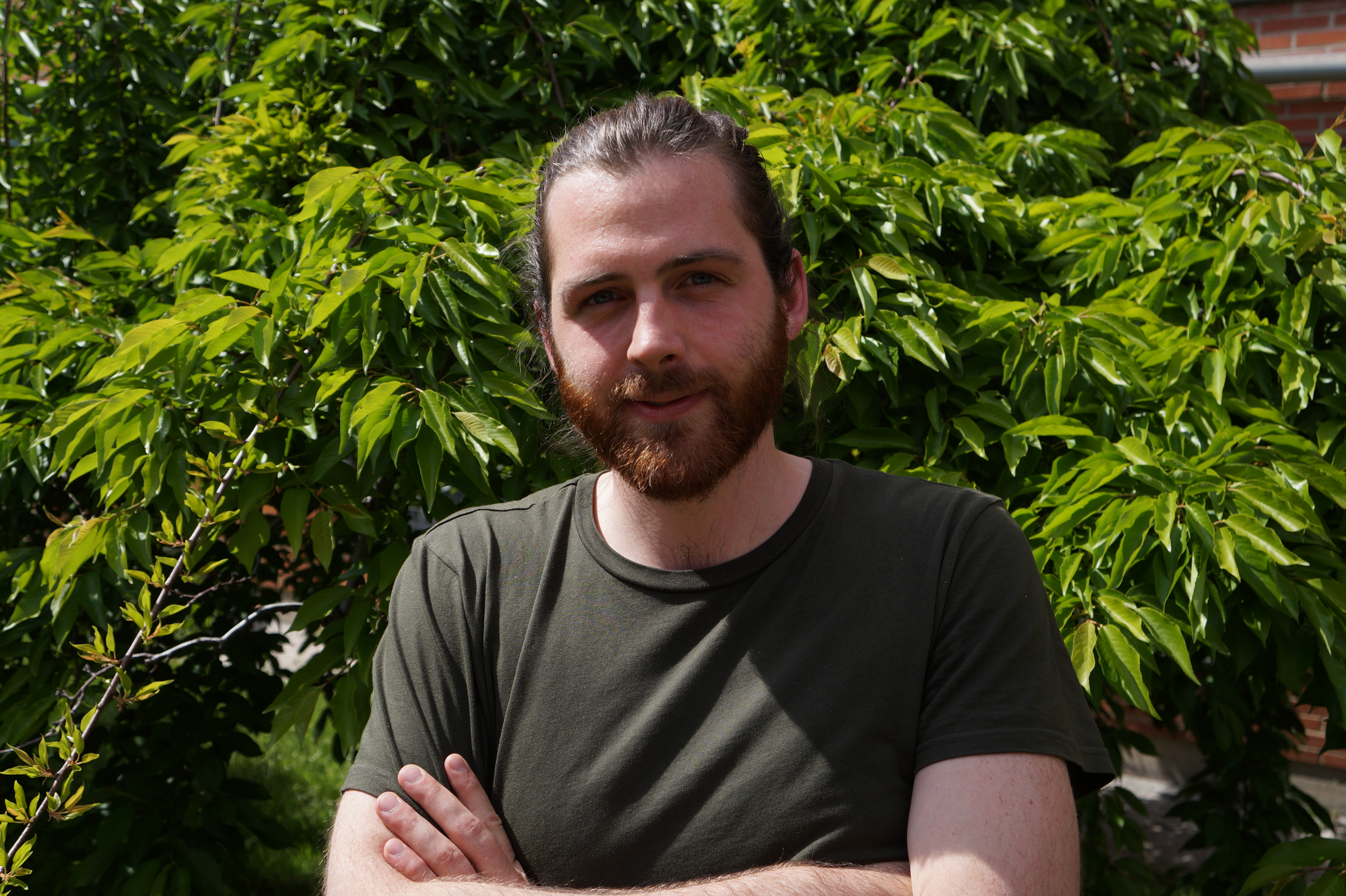
Daniele Bertolozzi Caredio is PhD student at CEIGRAM-UPM. He is an agronomist graduated in Sustainable Rural Development (master degree) and Agricultural Science (bachelor degree).
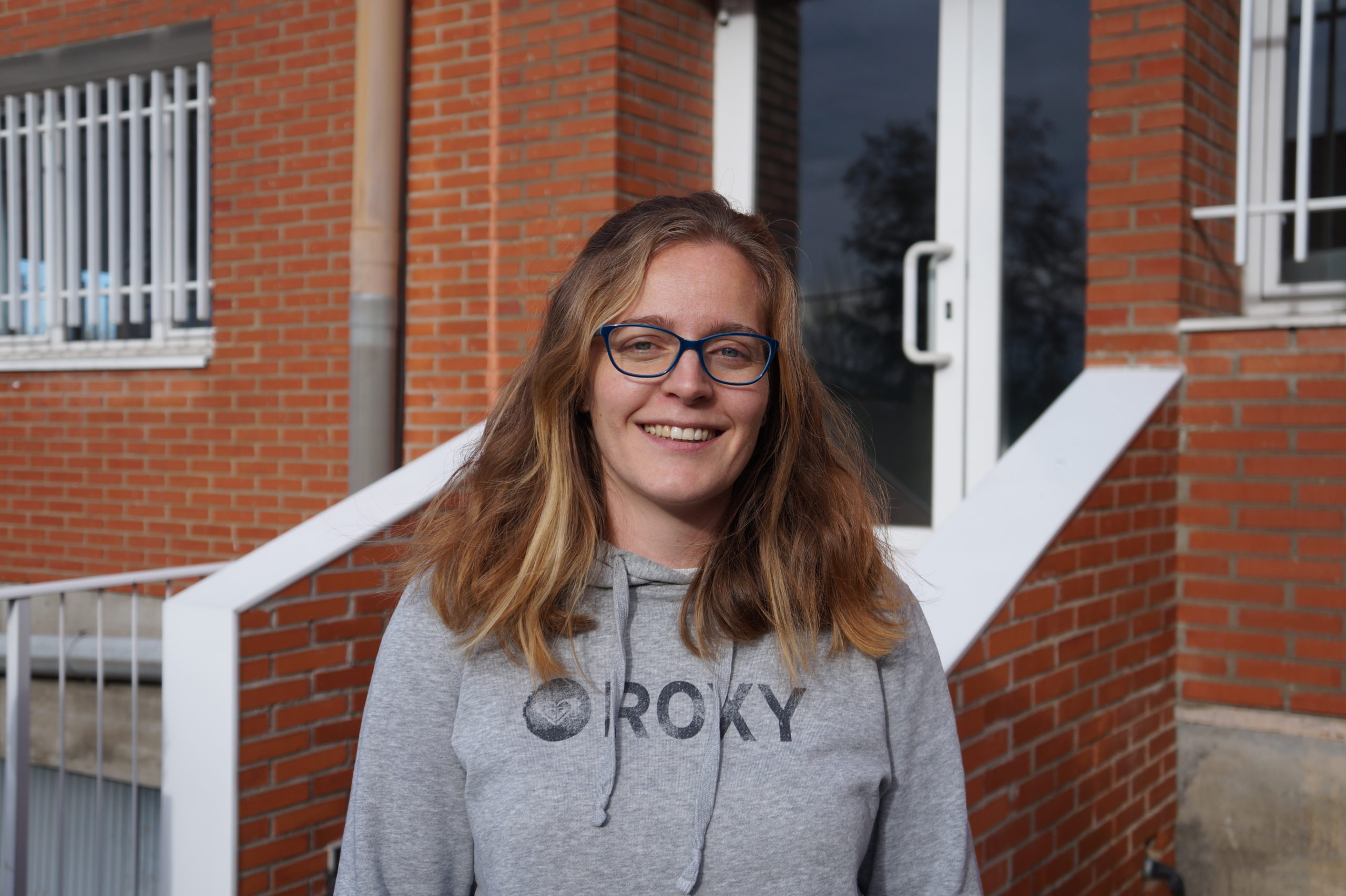
Carolina San Martín is a postdoctoral researcher at CEIGRAM-UPM. She is a biologist with experience in weed ecology and integrated weed management.
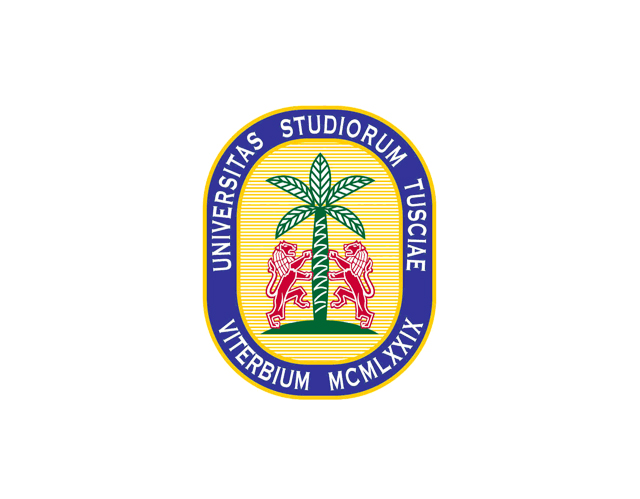
UNITUS is a public research-led university that is active at all levels of higher education comprising undergraduate degrees, master’s degrees, and doctoral degrees as well as specialization schools. UNITUS has approximately 8.000 students supported by more than 640 full-time persons (Around 320 faculties and 320 administrative staff). It was established […]
UNITUS is a public research-led university that is active at all levels of higher education comprising undergraduate degrees, master’s degrees, and doctoral degrees as well as specialization schools. UNITUS has approximately 8.000 students supported by more than 640 full-time persons (Around 320 faculties and 320 administrative staff). It was established in 1979 and comprises seven departments. UNITUS is particularly strong in the field of Agricultural Sciences, being the University offering this kind of programs in the region of Rome. This area of activity is mainly developed by the Department DAFNE that has an average amount of research grants of 2.7 M€/year.
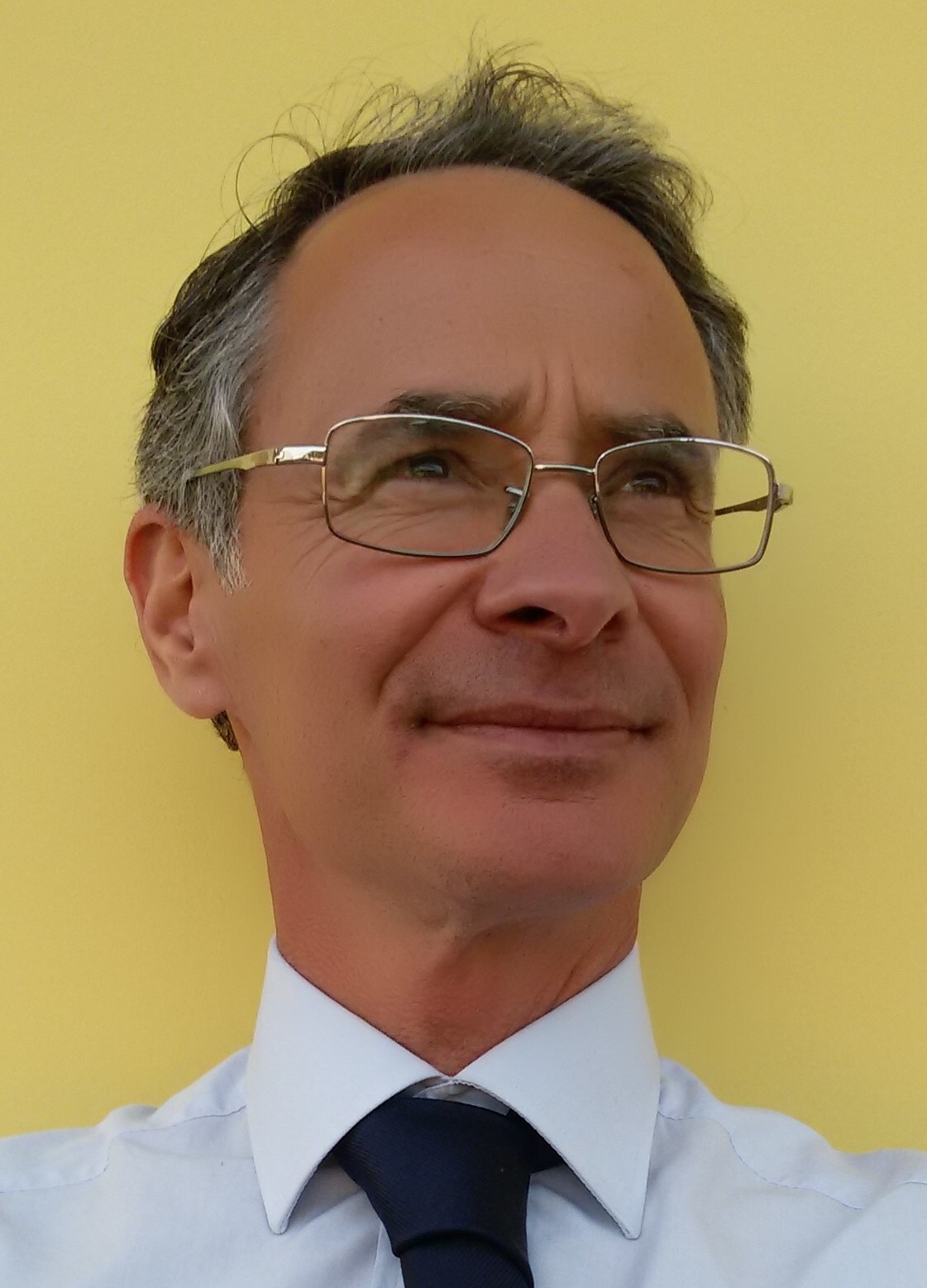
Dr. Simone Severini is associate professor of Agricultural economics and policy since 2005, coordinator of a post-graduate programme offered by the Department DAFNE and member of the board of the Doctoral program in agricultural and applied economics.
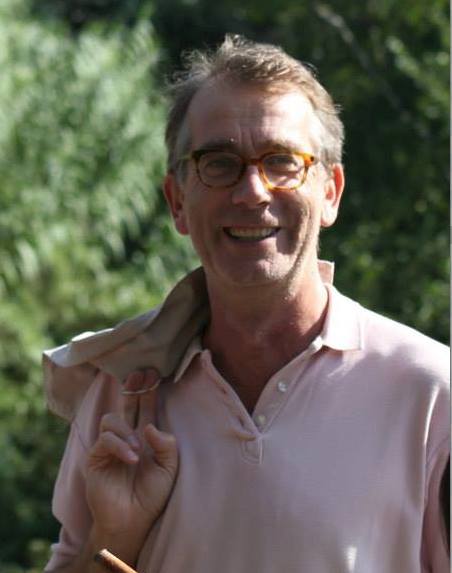
Saverio Senni is associate professor in Agricultural Economics and Policy at the Department of Agricultural and Forestry Sciences. His research focuses on the role of agriculture in Rural Development processes, with particular emphasis on the social and inclusive role of agricultural practices (so called Social Farming).
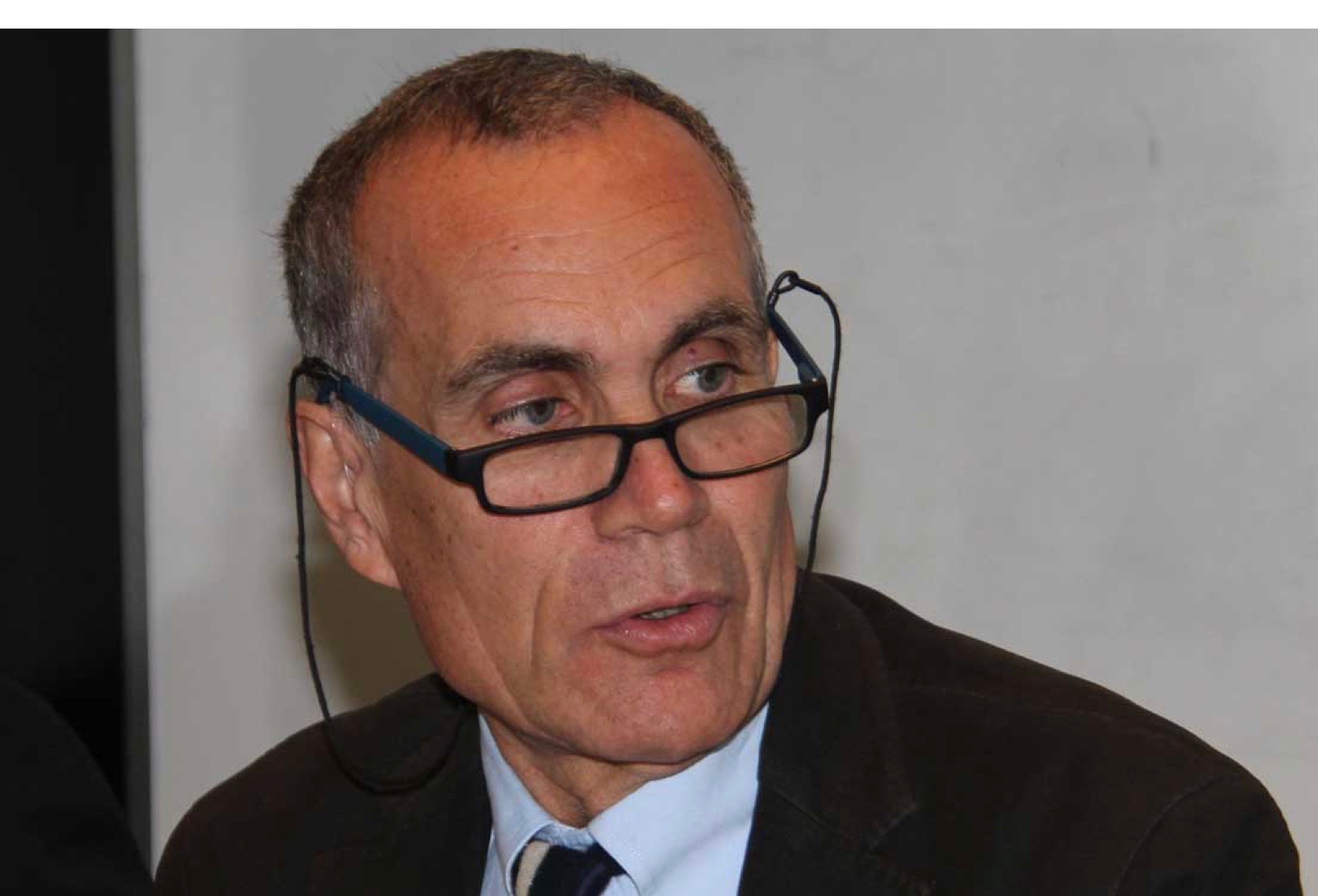
Alessandro Sorrentino is full professor of Agricultural Economics and Coordinator of the PhD program in Economics, Management and Quantitative Methods in at Tuscia University – Viterbo (Italy). His research focuses on agricultural markets, income policies, agri-food supply chain, food quality promotion and agricultural research and innovation.
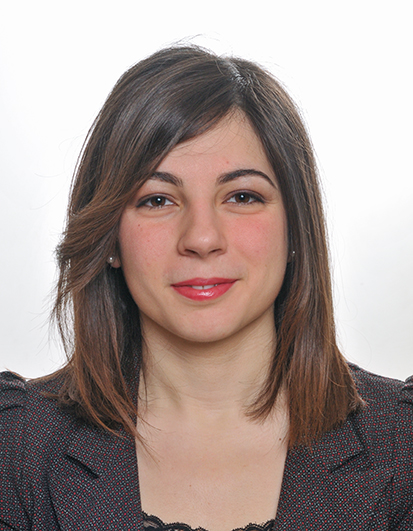
Cinzia Zinnanti is an assistant research at the Department of Agricultural and Forest Sciences. Her research is focused on agricultural markets and risk analysis and management in agriculture.
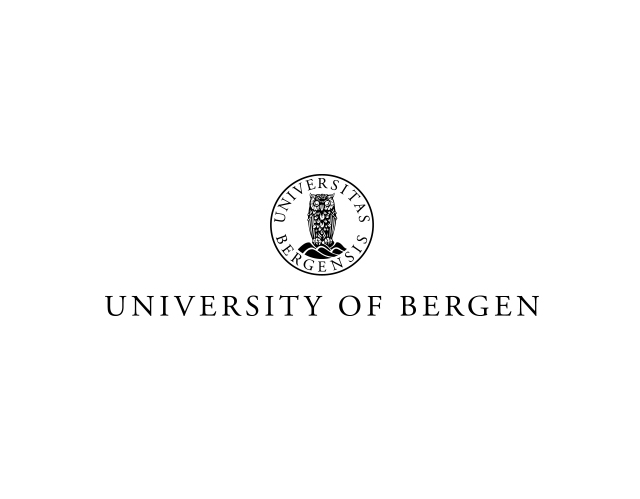
The University of Bergen (UiB) is a young, modern university with about 14 500 students and 3,200 faculty and staff, making it a medium sized European University. Six faculties cover most of the traditional university disciplines. In addition to research and education in the traditional university disciplines, the Strategy for […]
The University of Bergen (UiB) is a young, modern university with about 14 500 students and 3,200 faculty and staff, making it a medium sized European University. Six faculties cover most of the traditional university disciplines. In addition to research and education in the traditional university disciplines, the Strategy for the University of Bergen 2016-2022 highlights three strategic focus areas: Marine research, global social challenges, and climate and energy transition. Issues relating to the environment, resources and climate are also a high priority research field for the Faculty of Social Sciences, of which the System Dynamics Group is a part.
The System Dynamics Group is Europe’s leading System Dynamics Center with the highest density of renowned experts in the field and with worldwide collaborations with leading research institutions in simulation model development, model analysis, instructional design, climate change, development and sustainability.
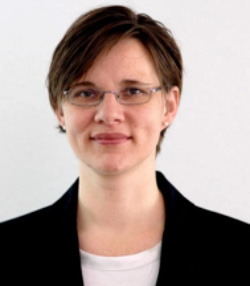
Birgit Kopainsky is associate professor at Department of Geography. She specializes in applications in pathway development in resource management, development, adaptation to climate change and food systems research.
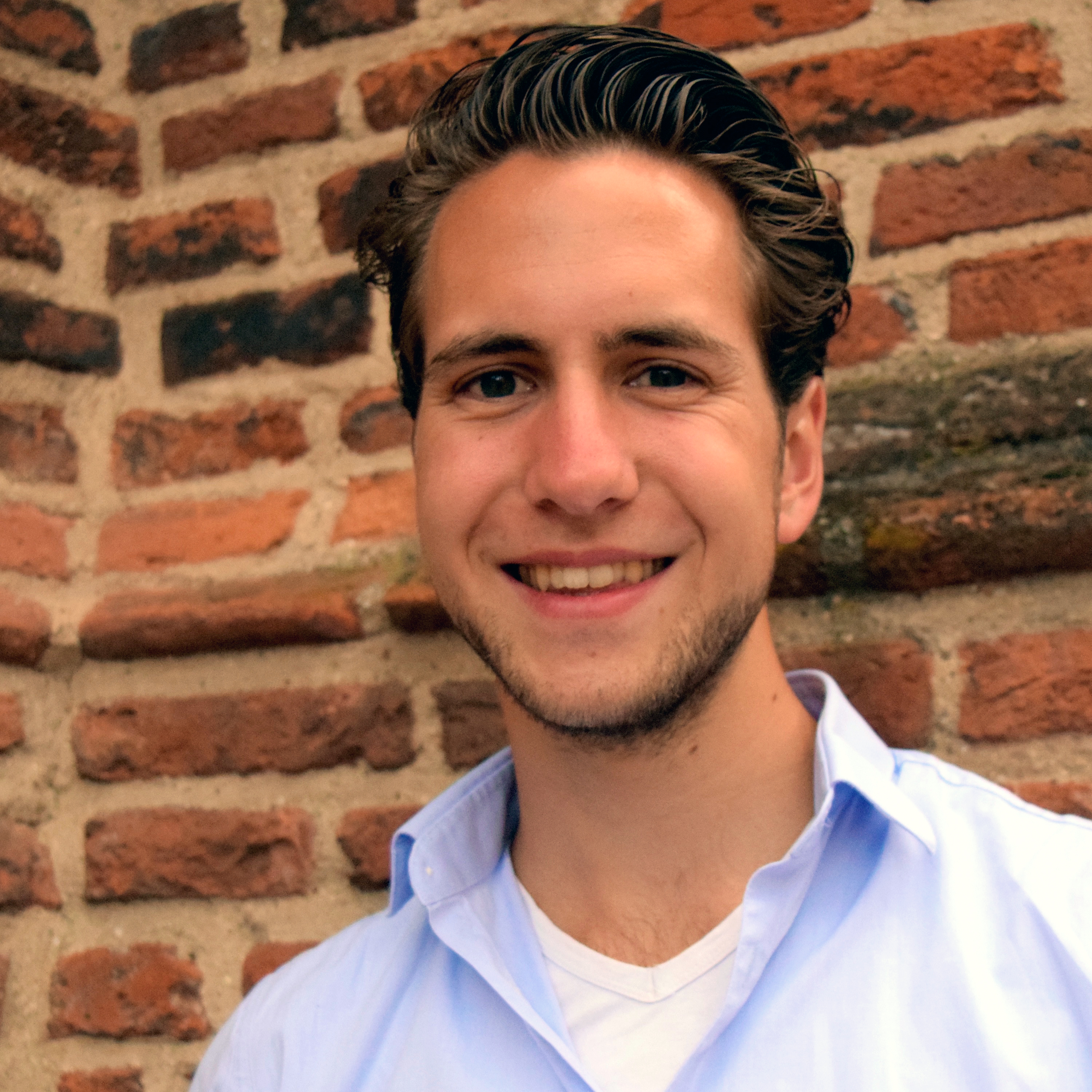
Jo Deckers is research assistant at the Department of Geography. His recent work is on evaluating the interactions between consumer preferences and the food supply chain from a systems’ perspective.
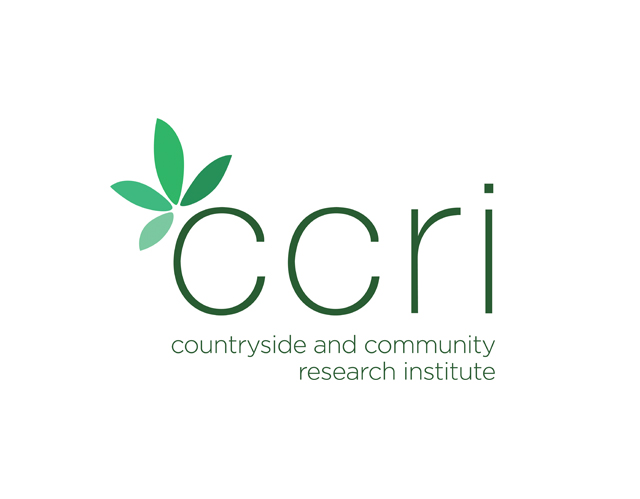
The University of Gloucestershire was founded in 1847 and currently has approximately 10,000 students studying for undergraduate, postgraduate taught or postgraduate research degrees. The Countryside and Community Research Institute (CCRI) is within the structure of the Faculty of Business and Science. Established in 1988, the CCRI is one of the […]
The University of Gloucestershire was founded in 1847 and currently has approximately 10,000 students studying for undergraduate, postgraduate taught or postgraduate research degrees.
The Countryside and Community Research Institute (CCRI) is within the structure of the Faculty of Business and Science. Established in 1988, the CCRI is one of the leading specialist rural research centres in the UK. It has expertise in all aspects of research in policy and planning for the countryside, rural development, agriculture and environment, rural economy and society, with research staff including geographers, economists, spatial planners, policy analysts, sociologists and environmental scientists.
CCRI has successfully managed large consortium projects for UK and EU public sector sponsors in recent years. The Institute has a normal annual turnover in the region of £1m, engaging around 20 research staff with additional specialist support staff, supplemented by access to the University’s full range of staff and our own Research Associates.
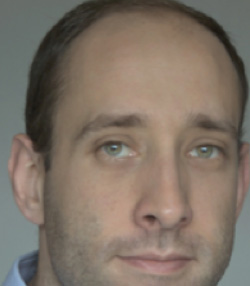
Mauro Vigani is senior research fellow. He is an applied economist using empirical and quantitative methods, with experience in survey design and primary data collection.
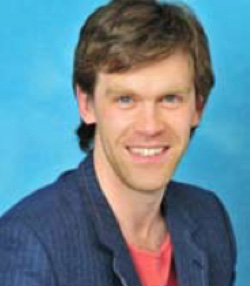
Damian Maye is reader in agri-food studies. He is a rural geographer with expertise in different aspects of farm restructuring, sustainable and local food networks, short food chains, animal and plant disease management and food security.
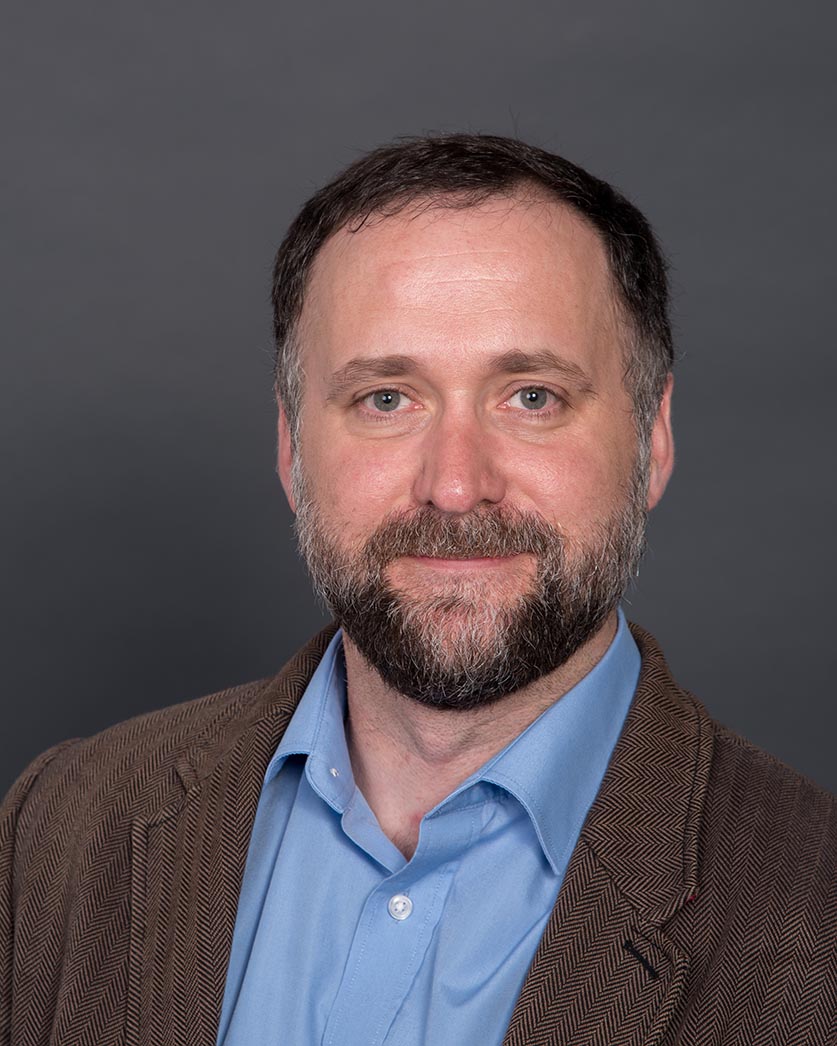
Robert Berry is research fellow at CCRI. He is a specialist in the application of Geographical Information Systems (GIS) and spatial data analysis in environmental and rural research. His research interests include the collaborative environmental management, and quantitative spatial modelling using open source software and programming tools.
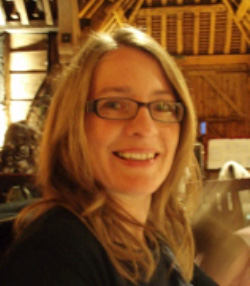
Julie Urquhart is a Senior Research Fellow at CCRI. She is an environmental social scientist and rural geographer with expertise in mixed methods in social research. Her research focuses on the social and cultural dimensions of forests and forest health, fisheries and agriculture.
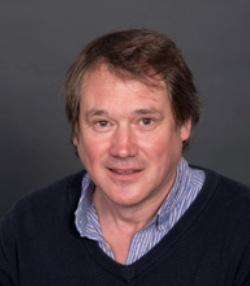
Paul Courtney’s research interests cohere around social value and its significance to human health, happiness and resilience. He has particular interests in the use of Social Return on Investment (SROI), action research, co-production and storytelling to gather data.
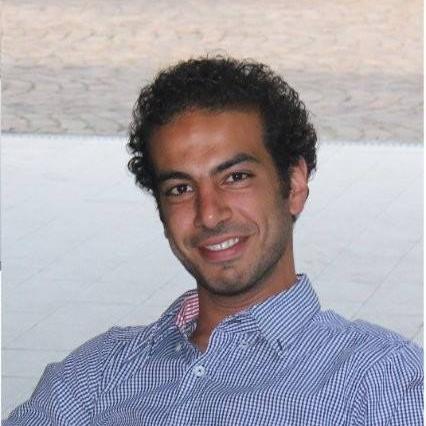
Amr Kahfagy is a Research Assistant at CCRI. He is a financial economist with experience in developing macroeconomic models and econometric analysis. His main research interests include rural finance and agricultural productivity, and financial markets and distribution.
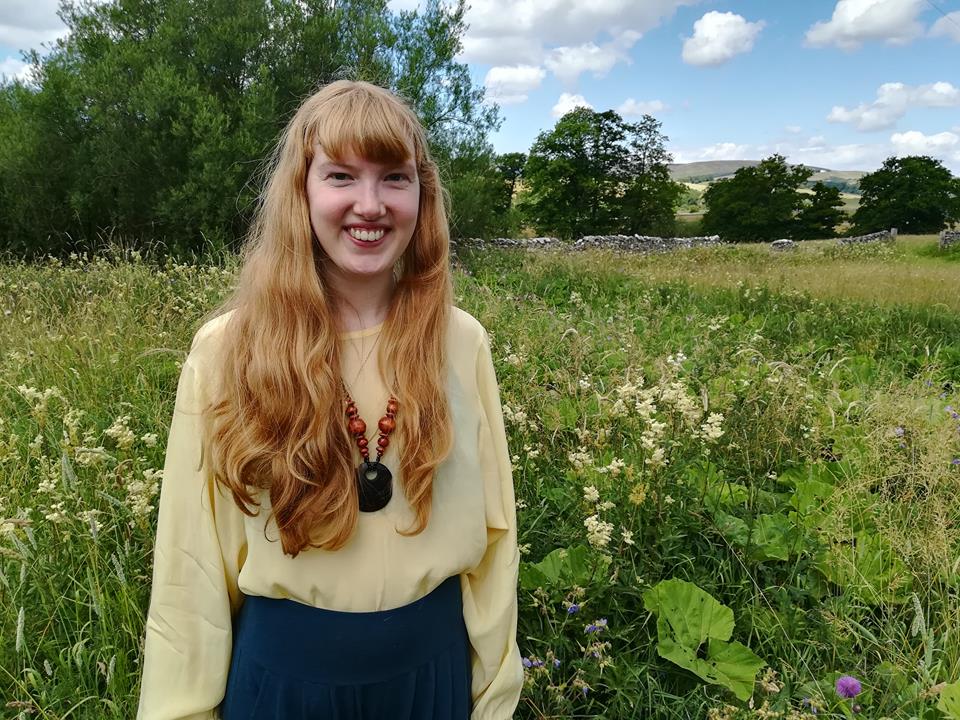
Jasmine Black works with farmers, growers, researchers and policy makers to create more sustainable ways of producing food and enhancing above and below ground biodiversity. She has a PhD in bulk and molecular soil organic carbon dynamics across rainforest-savannah boundaries in the Amazon, Guyana. Jasmine is interested in how different cultures use and understand soil across the world. She is passionate about spreading the importance of soil health through theatrical storytelling, interactive workshops, writing and illustration.
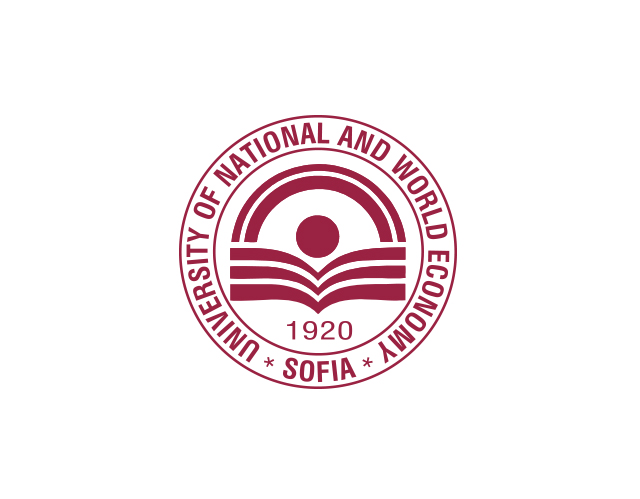
The University of National and World Economy (UNWE) is one of the leading educational and research institution in the field of economics, management, agriculture and law in Bulgaria and South Eastern Europe with a history of more than 90 years. The teaching and research in environmental and agricultural economics and […]
The University of National and World Economy (UNWE) is one of the leading educational and research institution in the field of economics, management, agriculture and law in Bulgaria and South Eastern Europe with a history of more than 90 years. The teaching and research in environmental and agricultural economics and policy is carried out by academics from Department of Natural Resources Economics (DNRE). It has established reputation in conducting scientific and applied researches and has over 200 successfully defended PhD theses as part of its background. At present, the DNRE educates students in two specialties: Agri-business and Economics (BSc, MSc, PhD level). Several thousand Bulgarian specialists in the field of agricultural economics are graduates of the department and are recognized professionals working at the administration on the state, district and municipality levels and in the management of companies, farms, and nongovernmental organizations.
The DNRE aims to strengthen its position as a leader providing education and research in the spheres of environmental and agricultural economics science. The department has established fruitful relations and worked on different international projects with partners from all over the World. In the department are conducted lots of scientific and practical studies under the 5th, 6th and 7th FPs, Leonardo program, national and university funds etc.
Currently, the research team of DNRE works on several networks and scientific research projects, concerning agricultural policy analysis, rural areas and sustainable agriculture, organic farming, consumers’ behavior and local food chains, food policy, innovative development. The projects are undertaken by interdisciplinary consortiums working directly with regional and national stakeholders (participatory approach). The members of DNRE are consulting different national and international institutions as Bulgarian Ministry of Agriculture and Food, DG Agri, OECD, FAO.
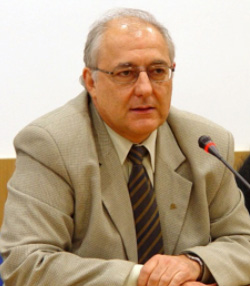
Plamen Mishev is the Head of the Department of Natural Resources Economics (DNRE); Professor in the DNRE. He has specialized in Agricultural Marketing, Agricultural Policy Analysis and Sustainable Rural Development.
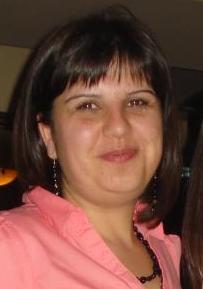
Mariya Peneva is a lecturer in the DNRE in the field of Application Quantitative Methods in Agriculture, Agricultural Economics and Marketing. Her interests are in the field of the Quantitative Methods, Agricultural Policy, and Sustainable Development.
Institutes
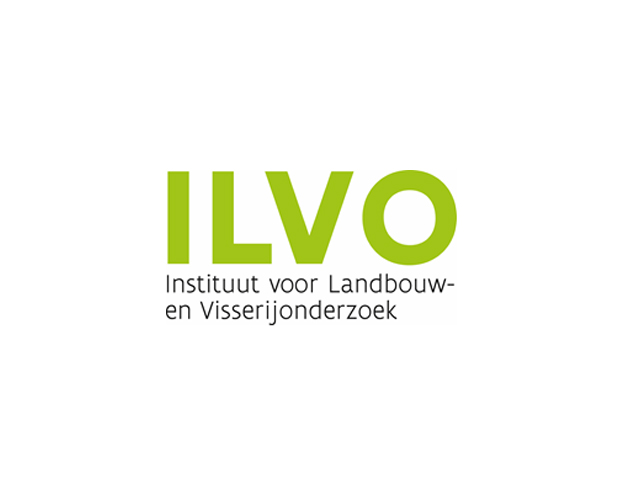
The Own Capital of the Institute for Agricultural and Fisheries Research (OC ILVO) was founded pursuant through articles 35 to 44 of the decree of the Flemish community of 23 December 2005, duly represented by prof. ir. Joris Relaes, chairman of the Own Capital Management Commission. The Institute for Agricultural […]
The Own Capital of the Institute for Agricultural and Fisheries Research (OC ILVO) was founded pursuant through articles 35 to 44 of the decree of the Flemish community of 23 December 2005, duly represented by prof. ir. Joris Relaes, chairman of the Own Capital Management Commission.
The Institute for Agricultural and Fisheries Research (ILVO) is an independent research institute financed by the Government of Flanders. ILVO’s mission is to perform and coordinate policy supportive scientific research and the associated public service with an eye toward economically, ecologically and socially sustainable agriculture and fisheries. The tasks of the present proposal directly relate to this mission. Research at ILVO takes place in 4 units: Animal Sciences, Technology and Food Science, Plant Sciences and Social Sciences.
The Social Sciences unit takes part in SURE-Farm. This socioeconomic research unit focuses on the sustainable development of the agricultural industry as well as rural areas in general. Research in the social sciences unit is performed in two domains: Agricultural and Farm Development and Rural Development. The Agricultural and Farm Development research domain focuses on the dynamics of the agriculture industry. In the Rural Development research domain, we study rural change processes and their management. Both domains participate in SURE-Farm.
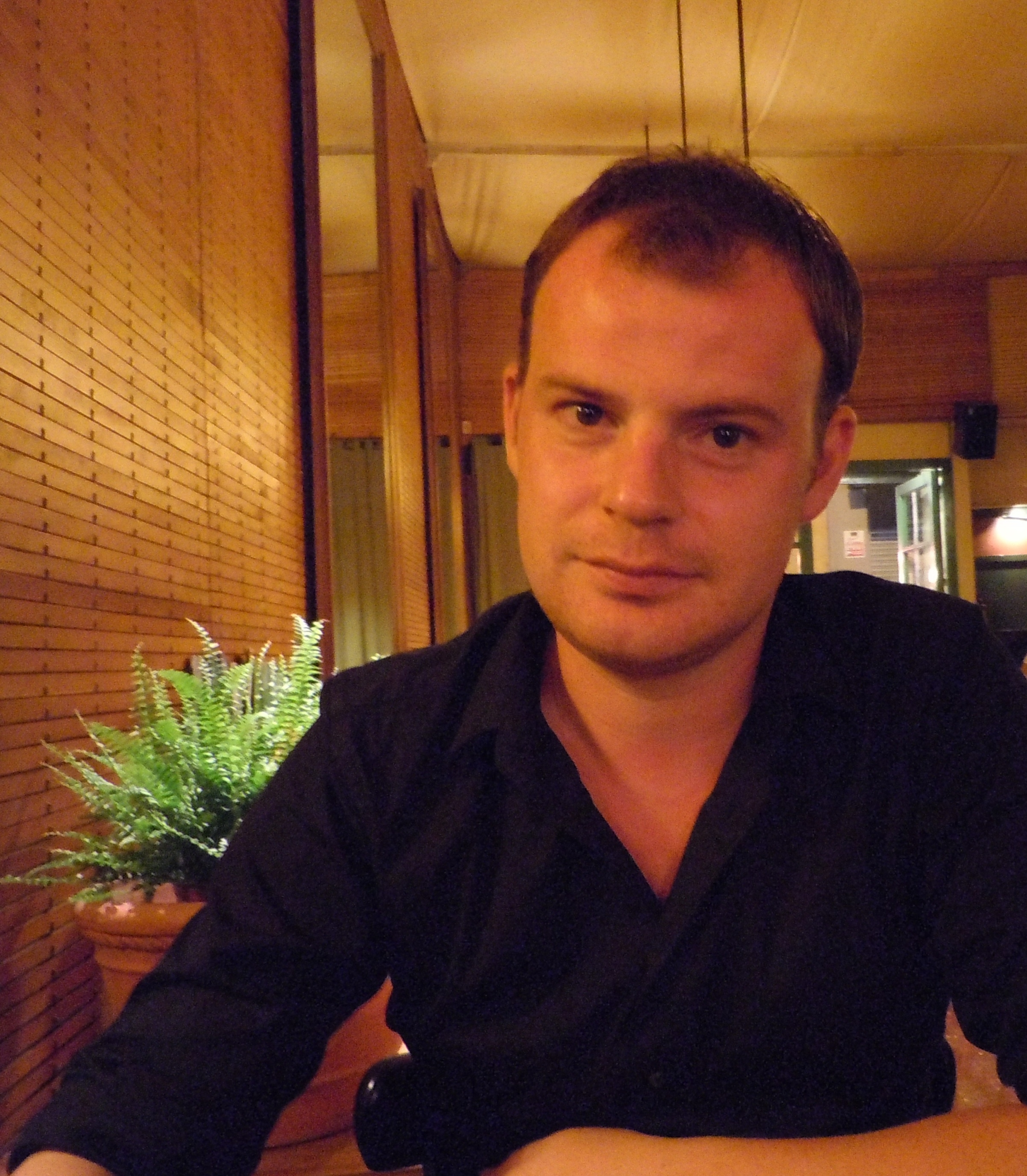
Erwin Wauters is a senior researcher, mainly working in the Agricultural and Farm Development domain. His research covers agricultural economics, farm management topics and systemic farming systems research.
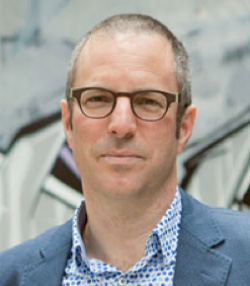
Joost Dessein is a senior researcher, mainly working in the Rural Development domain. His research focuses on rural sociology, the governance of local food systems and urban agriculture.
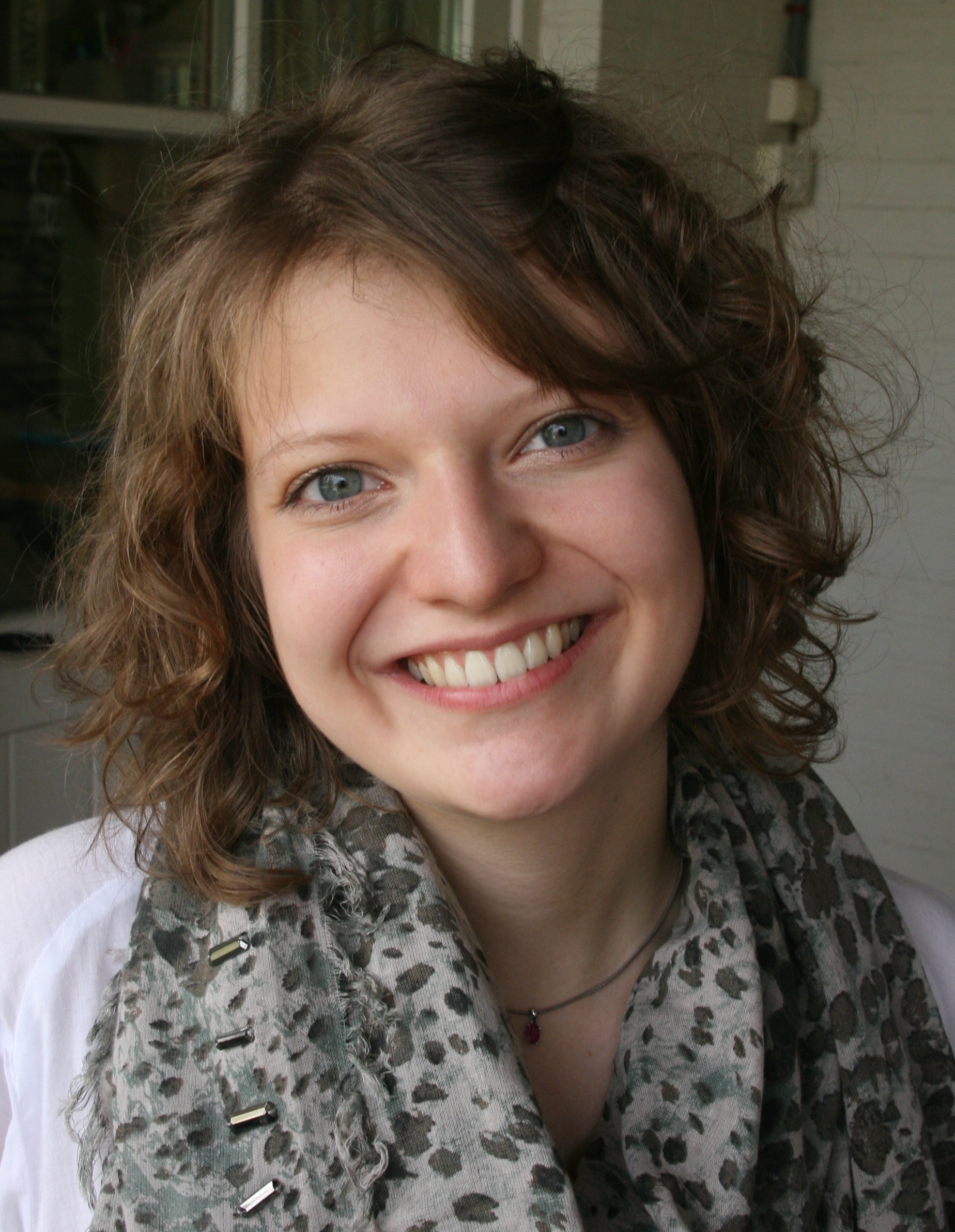
Isabeau Coopmans is a PhD student working on the SURE-Farm project. She studied bioscience engineering at KU Leuven with specialisation in agricultural sciences. Her main interests are crop production, sustainability of production-consumption systems, nutrition and health.
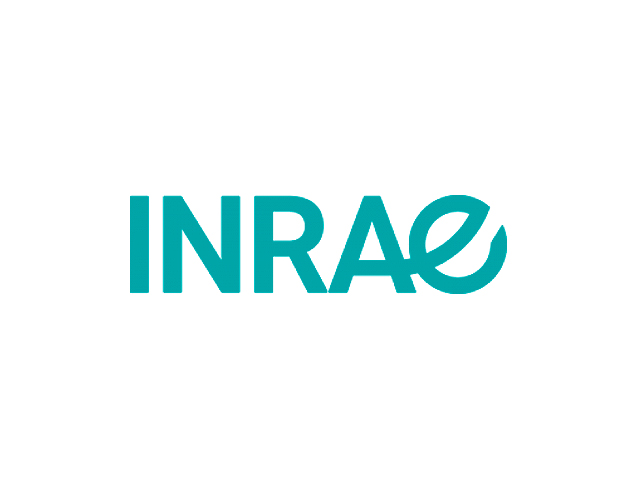
INRAE is a French public research institution that focuses on issues related to agriculture, food and environment, with a particular emphasis on sustainable development and agroecology. INRAE ranks second in the world and first in Europe for publications in agriculture and forestry. INRAE aims to: (i) serve the public interest […]
INRAE is a French public research institution that focuses on issues related to agriculture, food and environment, with a particular emphasis on sustainable development and agroecology.
INRAE ranks second in the world and first in Europe for publications in agriculture and forestry.
INRAE aims to: (i) serve the public interest by maintaining a balance between excellence of research and addressing the societal needs; (ii) produce and disseminate scientific knowledge and innovation, particularly in the fields of agriculture, food and environment; (iii) contribute to the expertise, training, promotion of scientific and technical culture and science/society debate.
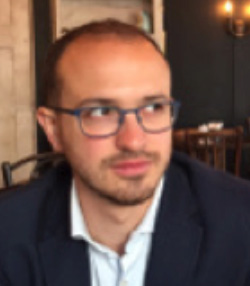
Francesco Accatino is junior scientist in environmental modelling at SADAPT focusing on social-ecological systems. He is an expert in models for predicting the provision of ecosystem services at local and regional scale.
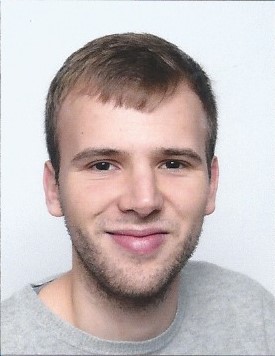
Corentin Pinsard is a research intern in ecosystem services. His area of expertise is the functioning of terrestrial ecosystems in response to major drivers such as climate change, land-use change and ecosystem management technologies.
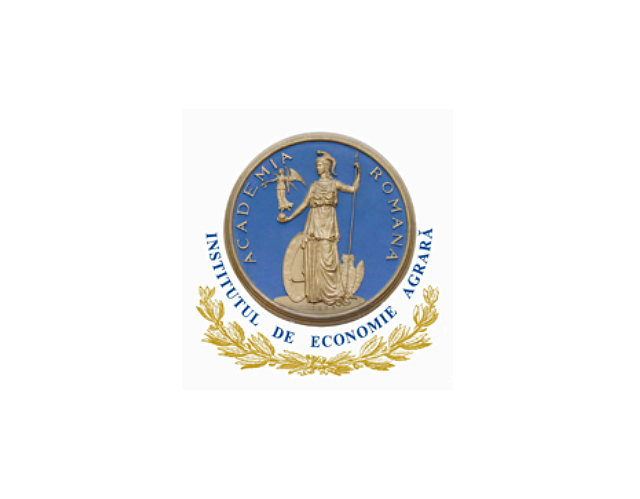
The Institute of Agricultural Economics of the Romanian Academy (IEA-AR) is a leading research institution in the area of agricultural economics and rural economy and sociology in Romania. The researchers in the three departments (Agricultural markets, Rural economics and development and Farm and environmental economics) are involved in in basic […]
The Institute of Agricultural Economics of the Romanian Academy (IEA-AR) is a leading research institution in the area of agricultural economics and rural economy and sociology in Romania. The researchers in the three departments (Agricultural markets, Rural economics and development and Farm and environmental economics) are involved in in basic and applied research and development activities in the following fields: agri-food economics, food supply chains, farm management, rural development, governmental action management at sectoral and territorial level.
The main research directions focus on: prospective evaluations of the place and role of the agri-food sector in national economy; determinants of the agri-food supply and demand; dynamics of the socio-economic transformations in the rural areas; implementation of institutional patterns necessary for the dissemination of the social innovation practices; determinants of sustainable rural development; assessment of Common Agricultural Policy impact in the Romanian agriculture; assessment of the Romanian agri-food sector competitiveness on European and world markets; environmental impact of traditional and organic agriculture. Besides the theoretical expertise, the practical expertise accumulated over many years by working closely with farmers and local producers, local communities, decision factors, governmental institutions with responsibilities in the fields of agriculture, environmental protection, rural development and others, allows for an easy engagement of the research team in multidisciplinary research projects covering these major fields of interest.
Consequently, IEA-AR participated and is participating both individually and in consortiums in important international and national research projects. The dissemination of the research results is made by publishing books both in Romania and abroad, by publishing articles and studies in national and foreign specialty journals, by participating with papers in national and international symposia, conferences and congresses in the field. IEA-AR is organizing and co-organizing every year various round tables and scientific workshops, as well as an international conference and is publishing the journal “Agricultural Economics and Rural Development”, indexed in several international databases.
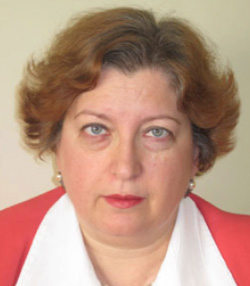
Camelia Gavrilescu is senior researcher and associate professor in agri-food economics. Her main areas of expertise include sustainable rural development and agri-food trade.
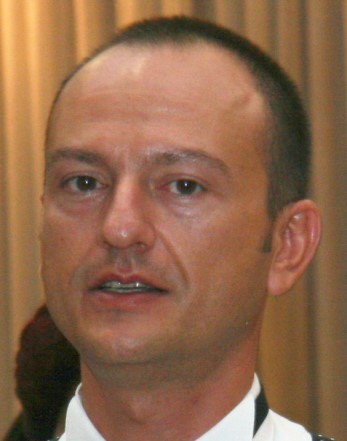
Dan-Marius Voicilas is senior researcher at the Romanian Academy-Institute of Agricultural Economics, professor at Hyperion University from Bucharest and advisor at the Romanian Parliament. His main scientific interests are macroeconomic analysis, investment efficiency, rural and regional development.
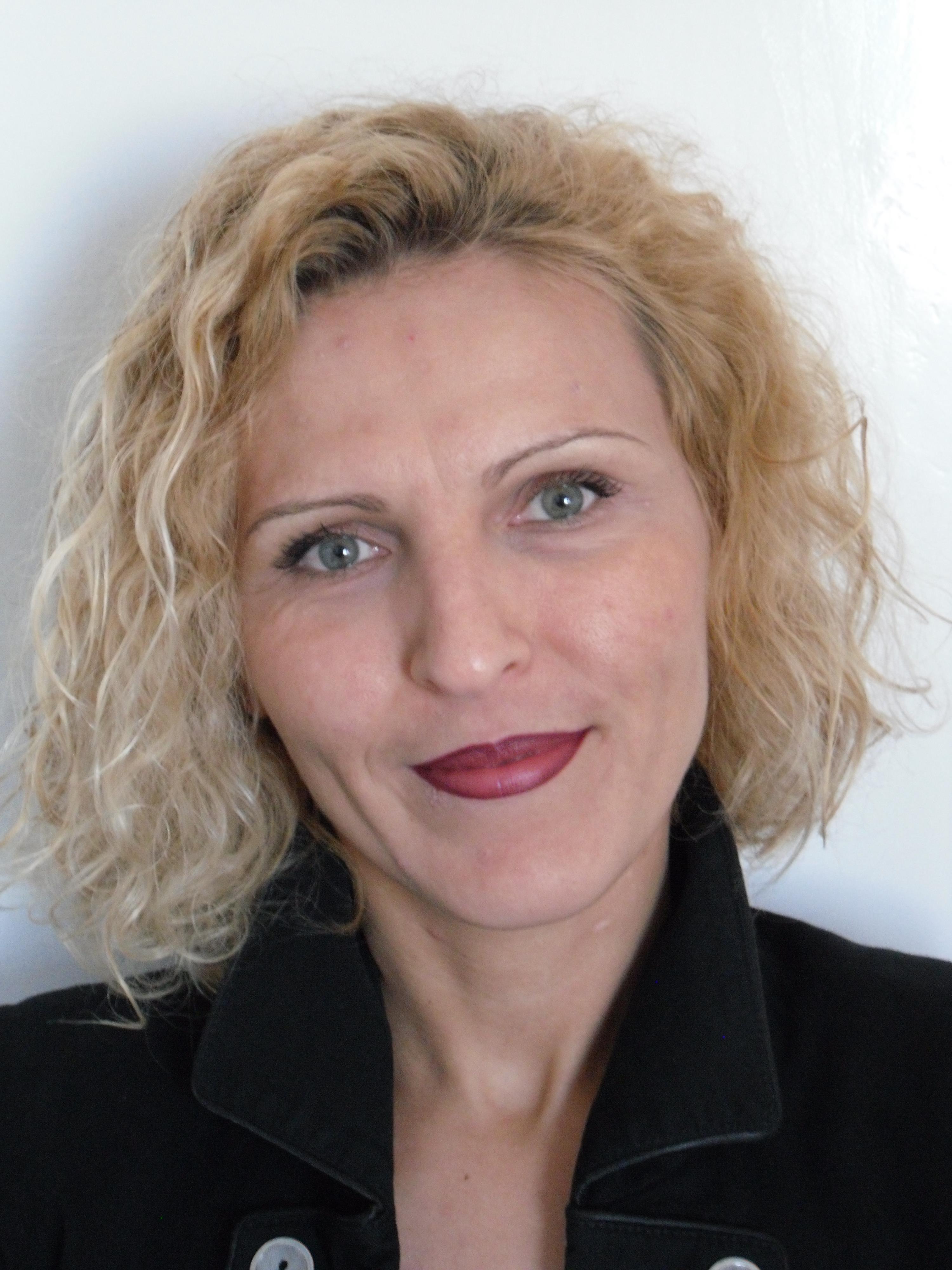
Monica Mihaela Tudor, is senior researcher at the Romanian Academy-Institute of Agricultural Economics. Her main areas of expertise include socio-economic transformation of rural areas, rural entrepreneurship, farming systems analysis.
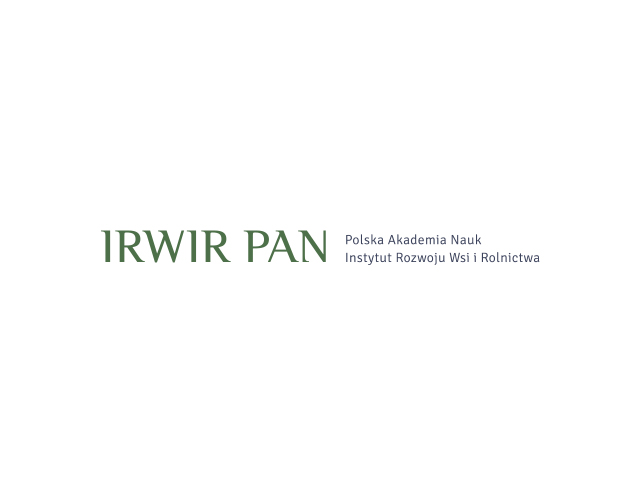
The Institute of Rural and Agricultural Development of the Polish Academy of Sciences, IRWiR PAN, was established in 1971 and since than it has been a leading national inter-disciplinary research organization (employing sociologists, economists, geographers, demographers, psychologist and anthropologist) focused on monitoring of the on-going socio-economic and environmental challenges facing […]
The Institute of Rural and Agricultural Development of the Polish Academy of Sciences, IRWiR PAN, was established in 1971 and since than it has been a leading national inter-disciplinary research organization (employing sociologists, economists, geographers, demographers, psychologist and anthropologist) focused on monitoring of the on-going socio-economic and environmental challenges facing rural areas. The Institute regularly carries out surveys with farmers and rural citizens at large and provides formal evaluations, including those commissioned by the Polish Ministry of Agriculture and Rural Development, the European Rural Development Network and DG AGRI. The Institute has also been well integrated in the international research community.
Thus, it takes active part in the agricultural policy debate, both in Poland as well as abroad. Recently, IRWiR PAN joined the National Rural Network (KSOW) partnership and has been involved in shaping the Network’s activities, especially within the following priorities: Promoting innovation in agriculture, food and forestry; Activation of the rural population by supporting initiatives stimulating rural development; Creation of jobs in rural areas. Apart from research centred around the topics of food supply chains, organic farming, agricultural cooperatives, rural and agricultural policy, IRWiR PAN has a strong track of regional, national and international economic impact research.

Katarzyna Zawalińska is professor and head of the Department of Economic Modelling at IRWiR PAN. Her main interest is in evaluating the socio-economic impact of agricultural, rural and regional polices on regional development.
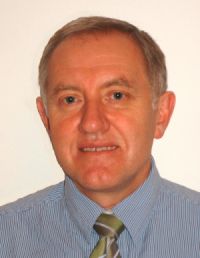
Piotr Gradziuk is an Associate Professor with interest in socio-economic and institutional rural areas transformations and effectiveness of the use of renewable energy sources.

Katarzyna Bańkowska, PhD, is an agriculture economist focusing on environmental issues, sustainable development, food security and economic efficiency of farms.
Vitalyi Krupin, MA, is an economist with the research experience in agricultural policy, including the role of government in regulating economic activities in the sector, farming efficiency and productivity.

Błażej Jendrzejewski, MA (economists), junior researcher at the Department of Economic Modelling with interest in economic modelling and socio-economic scenarios development.
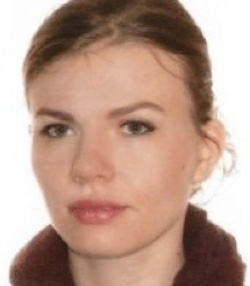
Anna Ciechomska, MA (psychologist), junior researcher at the Department of Economic Modelling with interest in economic modelling and socio-economic scenarios development
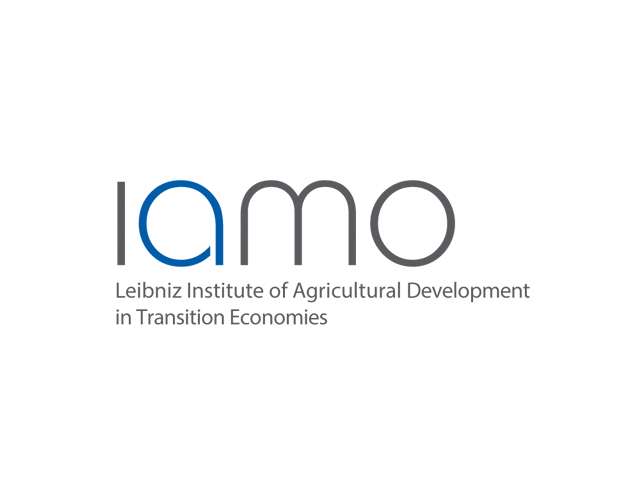
IAMO is an internationally oriented research institute that is engaged in fundamental and application-oriented research as well as knowledge transfer addressing the development of the agri-food system and rural areas in transition economies of Europe and Asia. Its research fields comprise analyses of agricultural policy framework conditions and institutional arrangements, […]
IAMO is an internationally oriented research institute that is engaged in fundamental and application-oriented research as well as knowledge transfer addressing the development of the agri-food system and rural areas in transition economies of Europe and Asia. Its research fields comprise analyses of agricultural policy framework conditions and institutional arrangements, markets in the agricultural and food sector as well as the development of agricultural enterprises and structures in rural areas. The institute is structured in three scientific departments. The Department Structural Change (Structural Development of Farms and Rural Areas) will be responsible for the implementation of the SURE Farm project at IAMO. This department researches the process complexities of agrarian structural change. A special focus is placed on inherent dynamics, influencing factors and effects of structural changes, which are analysed on various analytical levels by means of a broad array of methodical instruments. Research subjects are, firstly, economic issues of structural changes in the agricultural sector; secondly, structural changes from a broader systems theoretical perspective, including sociological and societal issues; and thirdly, the interdependencies between the environment, resources, structural change and economic growth, in which context land use changes are studied and related agricultural production potentials.
The department’s key methodical competencies are in the field of computational economics, particularly agent-based modelling. Further methodological expertise has been developed in spatial statistics, data mining, econometric methods, as well as productivity and efficiency analysis.
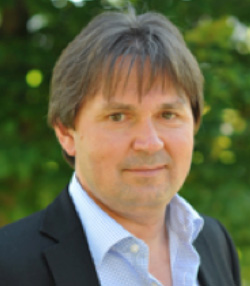
Alfons Balmann is director at IAMO and head of the Department Structural Change since 2002. Since 2003 he has a joint appointment as full professor at Martin Luther University Halle Wittenberg. He is an expert in agrarian structural change, agricultural policy analysis, organization of large-scale farms, and land markets.
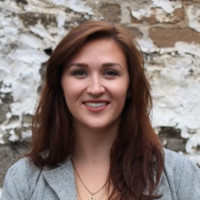
Christine Pitson is a doctoral researcher at IAMO. Her research background is in sustainable development transitions, policy analysis, and resource economics.
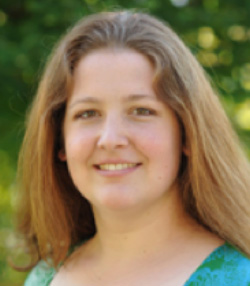
Franziska Appel is a post-doctoral researcher at IAMO. She is an expert in participatory agent-based modelling and analysis of agrarian structural change and agricultural policies.
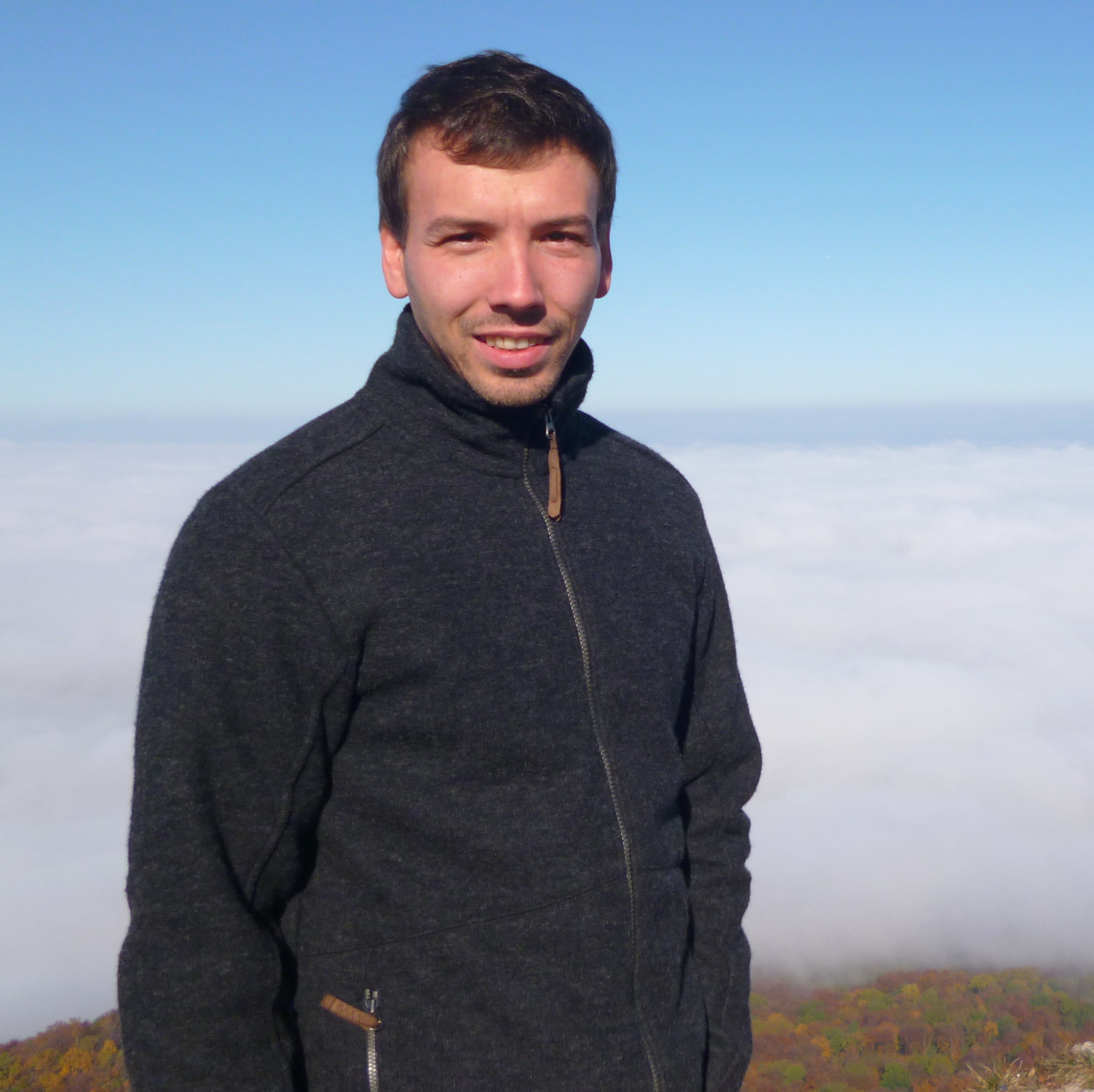
Florian Heinrich is a doctoral student at IAMO. He has expertise in agent-based modelling, agrarian structural change and renewable energies.
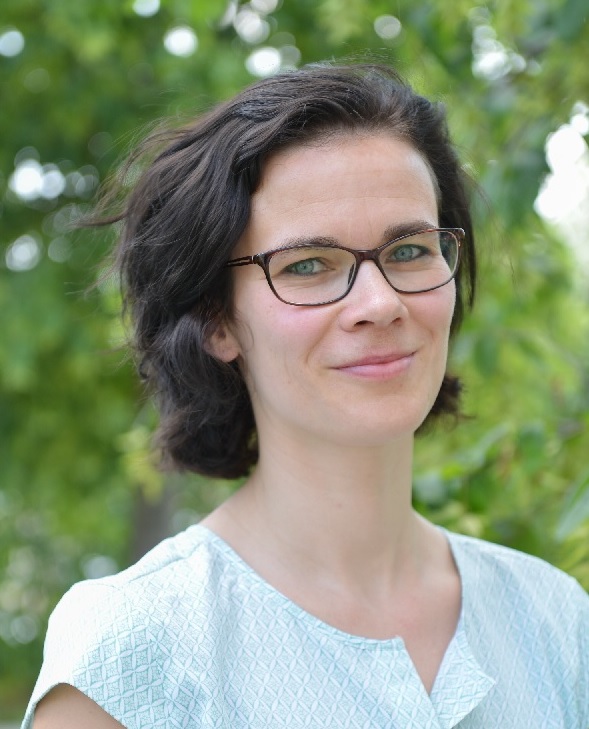
Dr. Franziska Ollendorf is a research associate at the Leibniz Institute of Agricultural Development in Transition Economies (IAMO), Germany. Her research focuses on CSR in global value chains, private food standards, the political economy of cocoa, and agricultural change and rural livelihood systems. In the SURE-Farm project, she is responsible for the management of the German case study in the Altmark.



